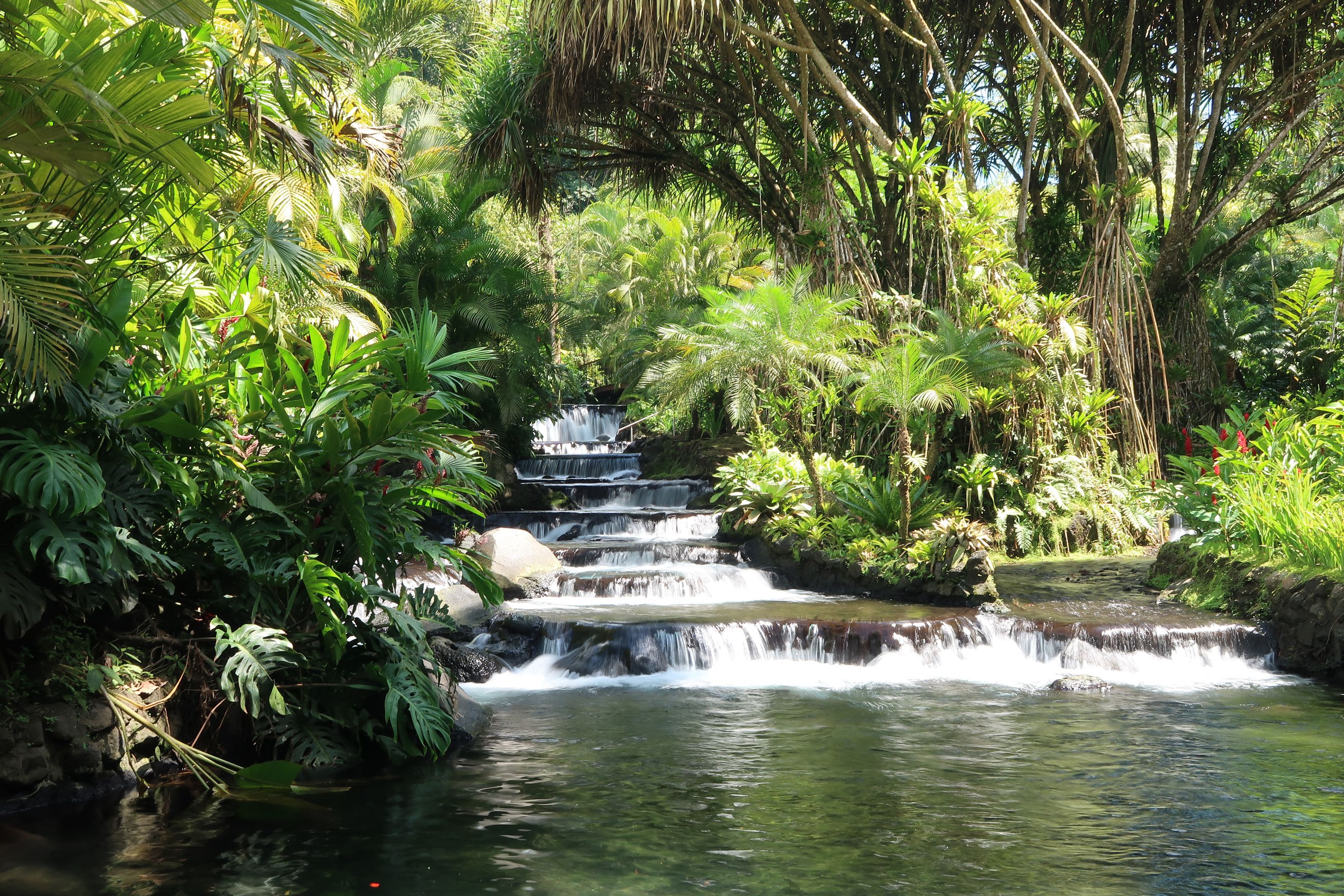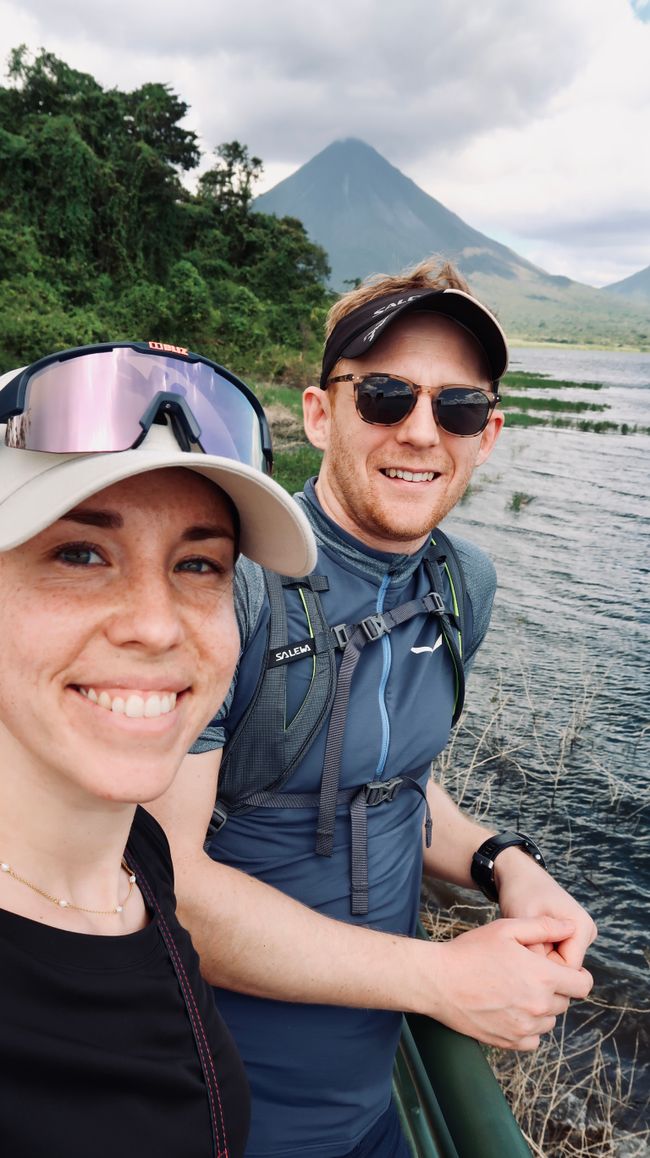Machu Picchu - Adventure on the Inca Trail (18-19 March 2022)
Imechapishwa: 20.03.2022
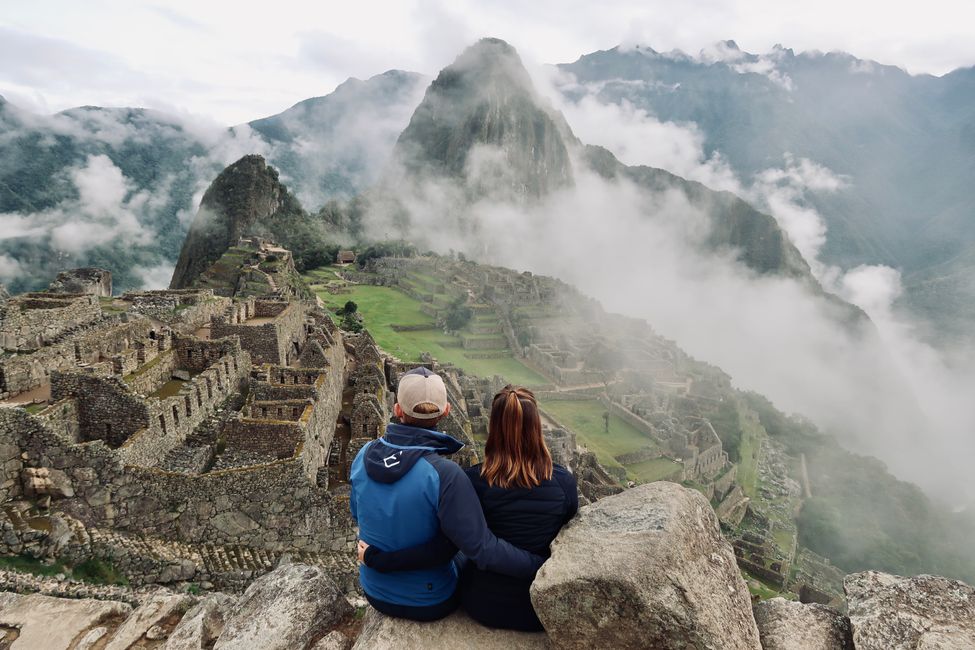
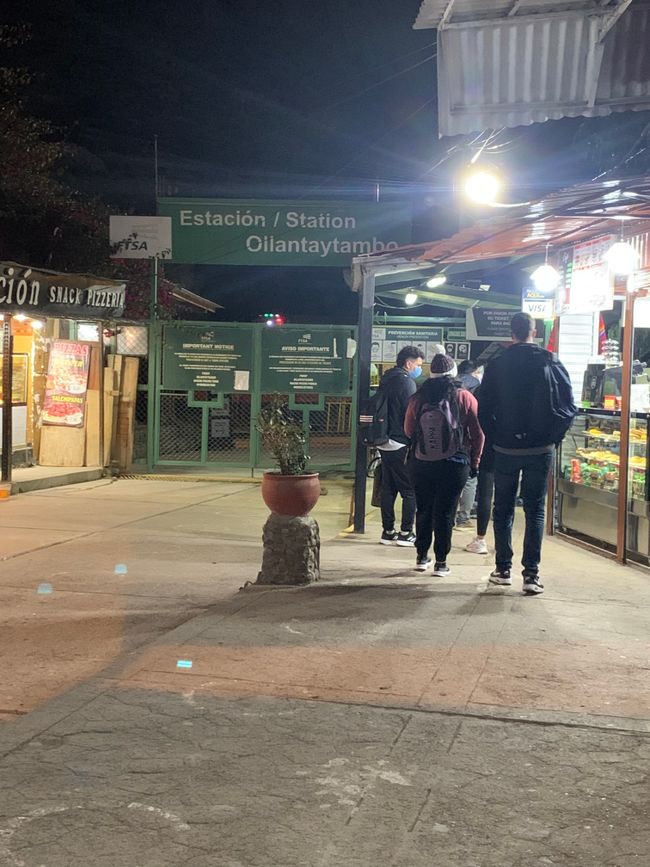
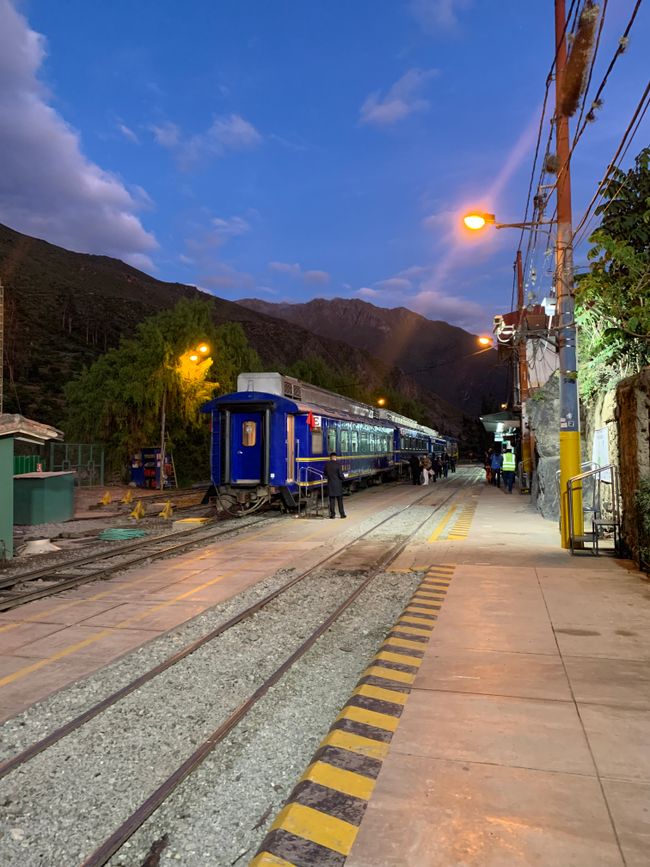
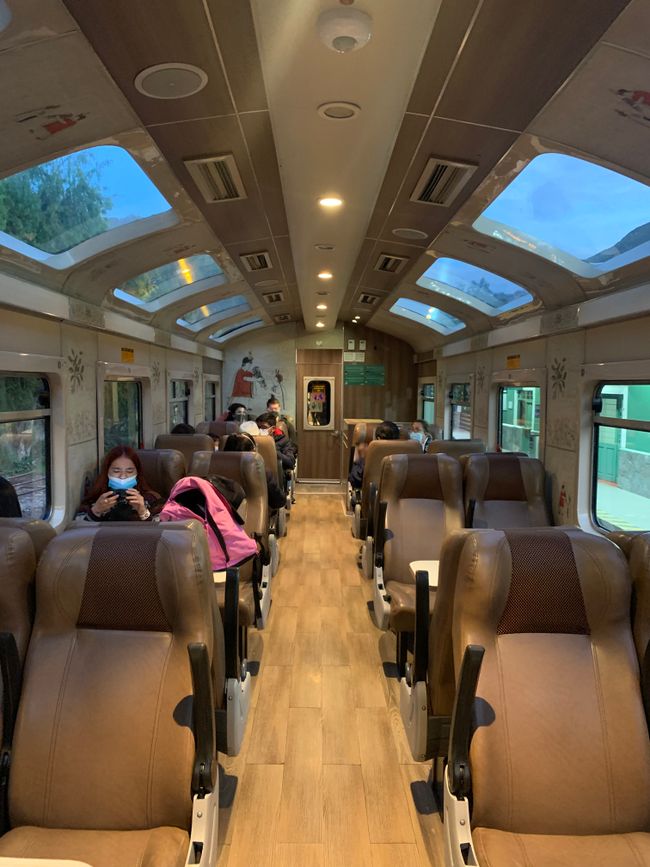
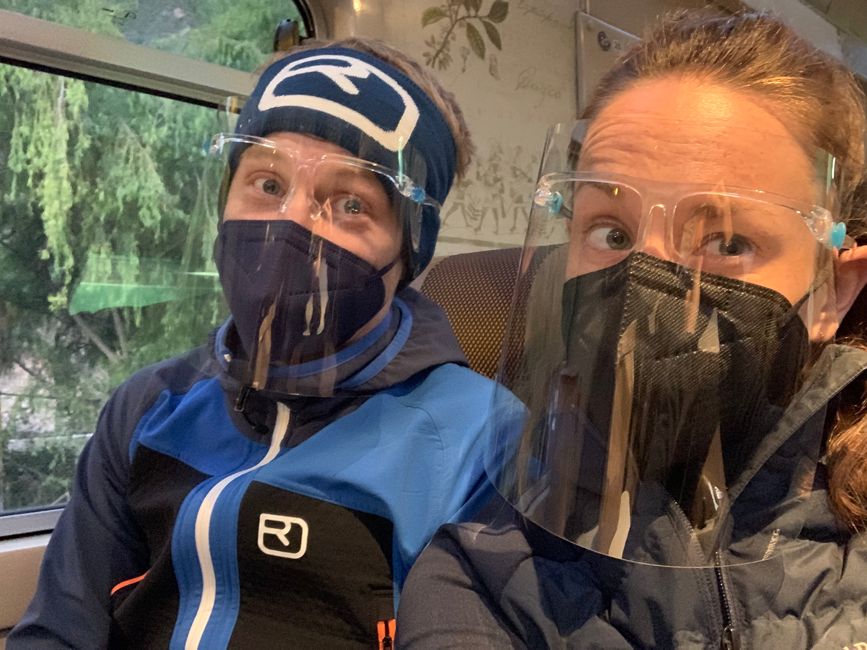
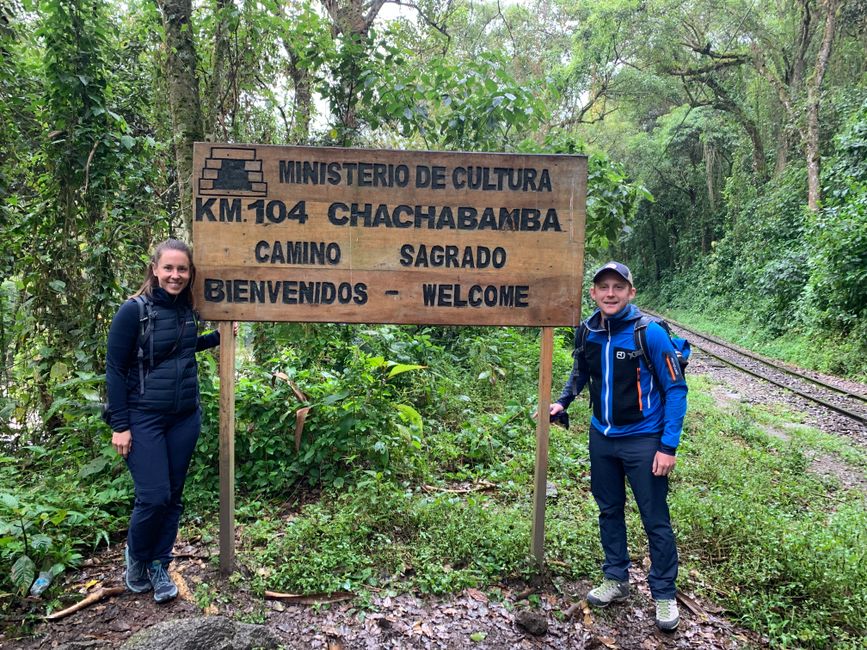
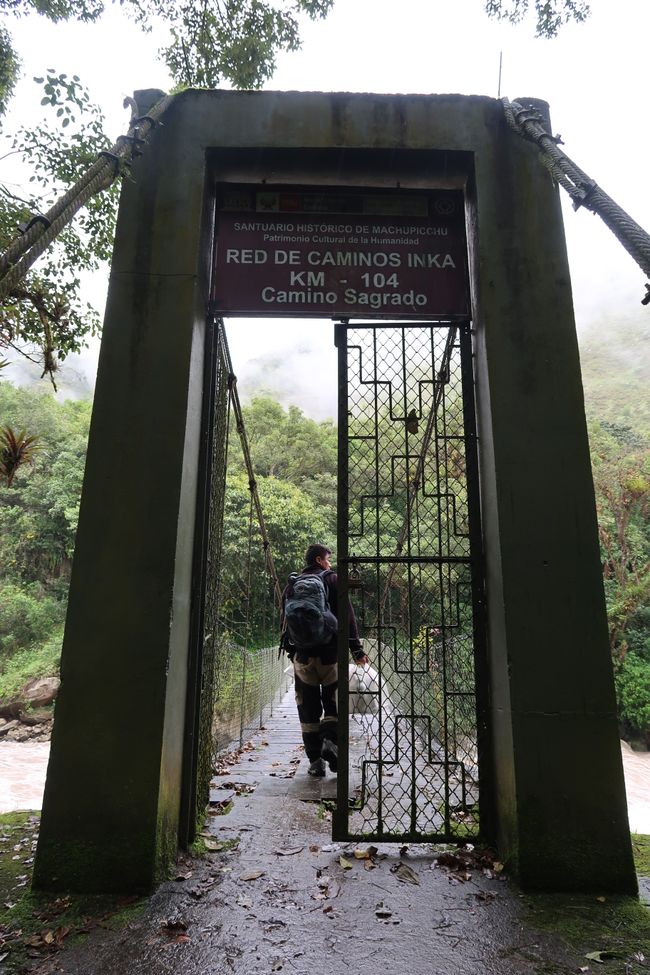
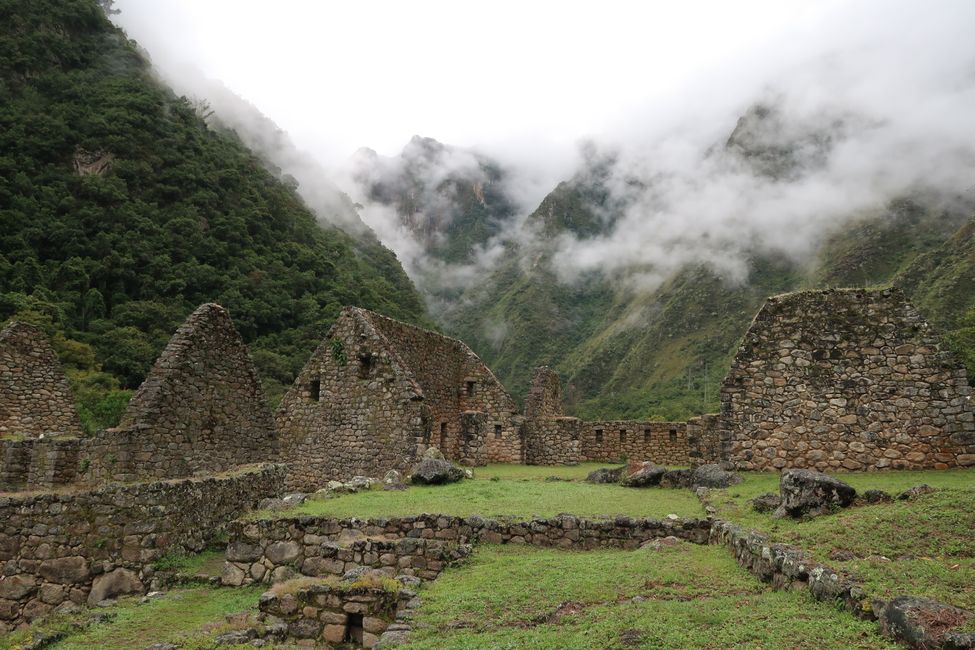
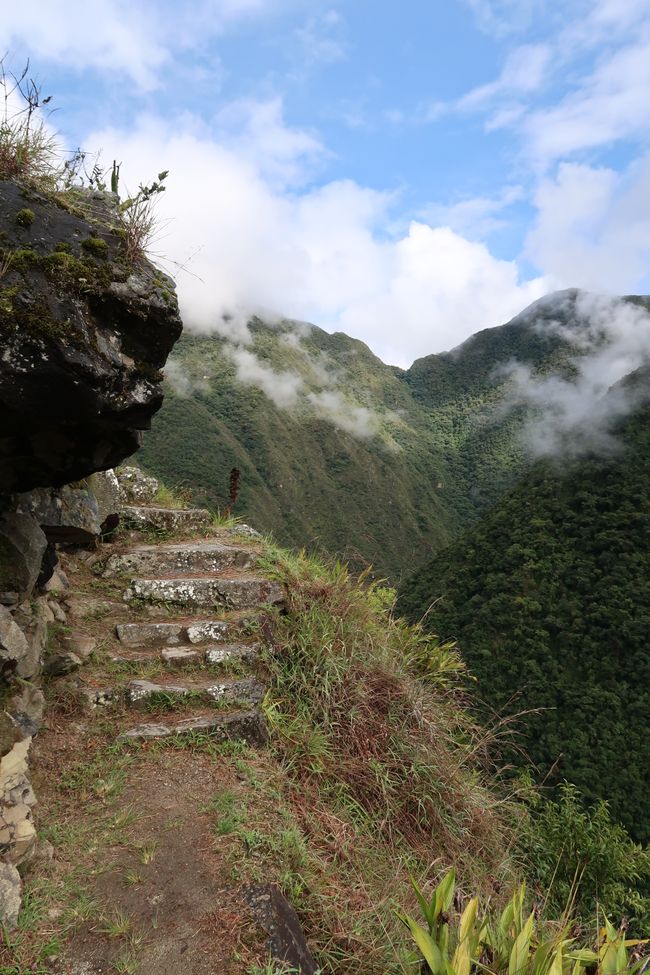
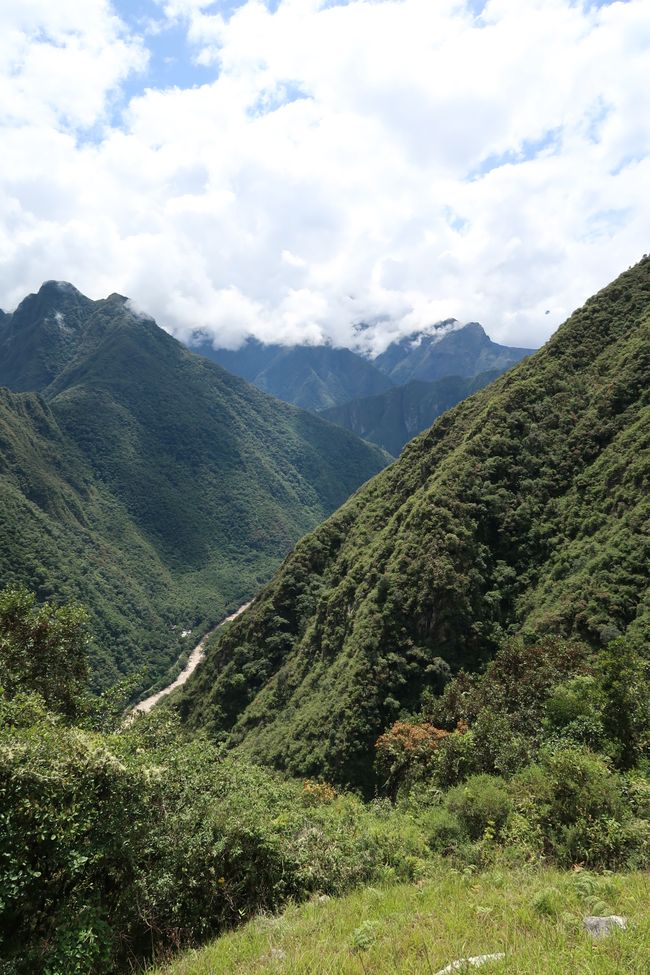
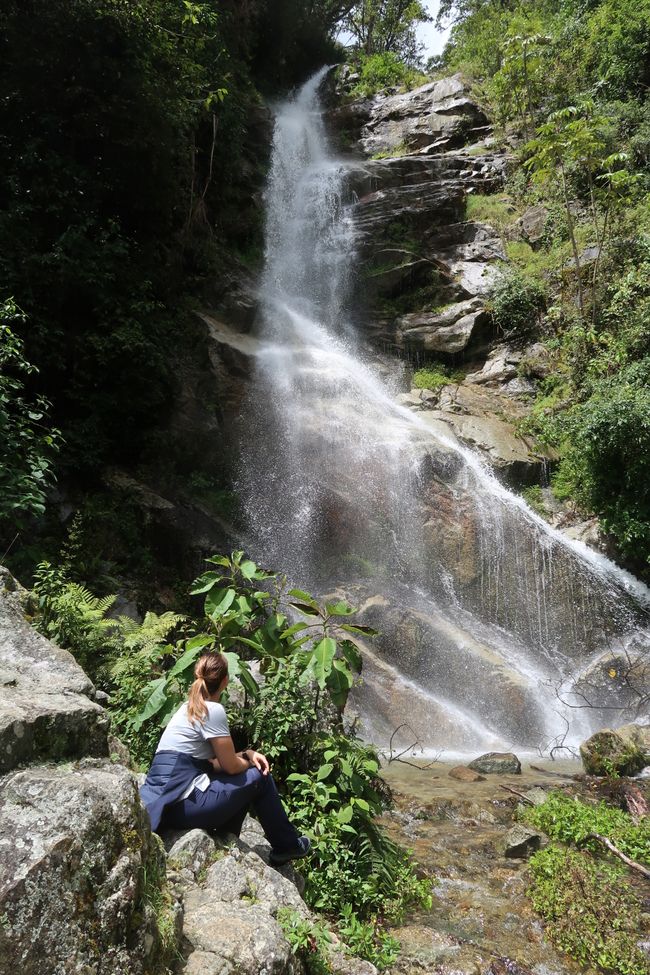
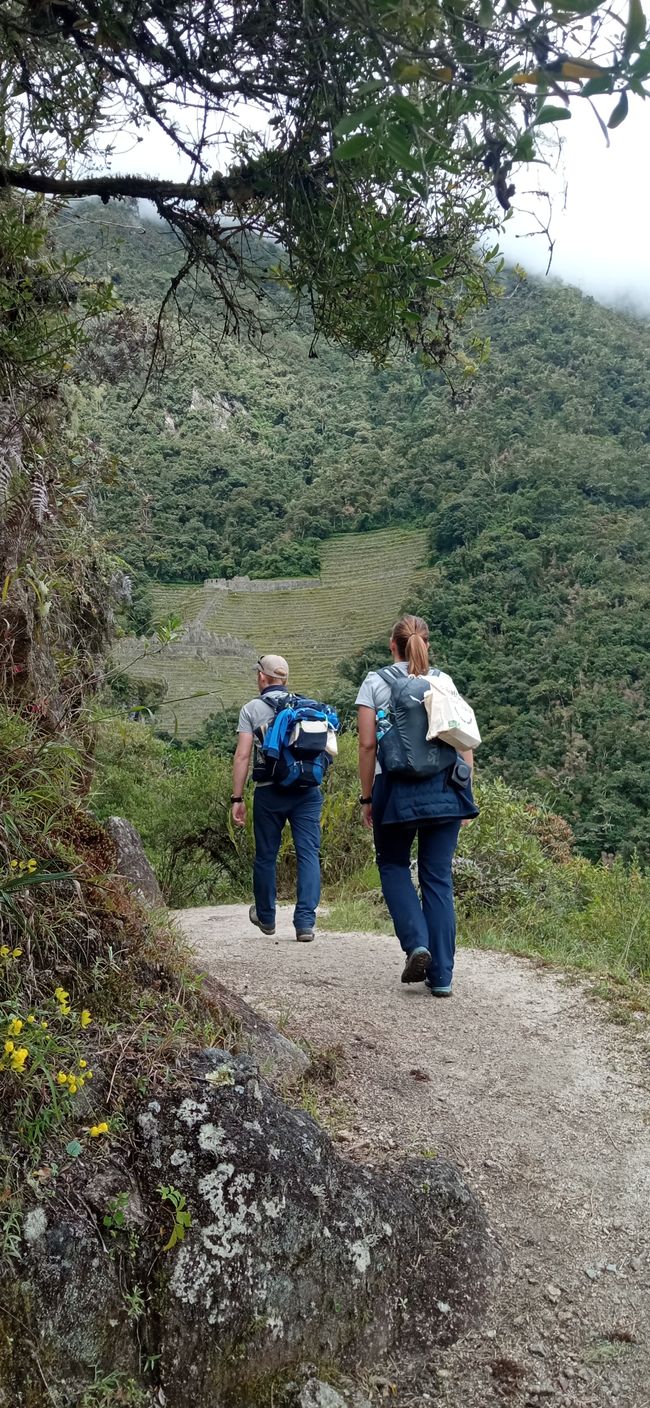
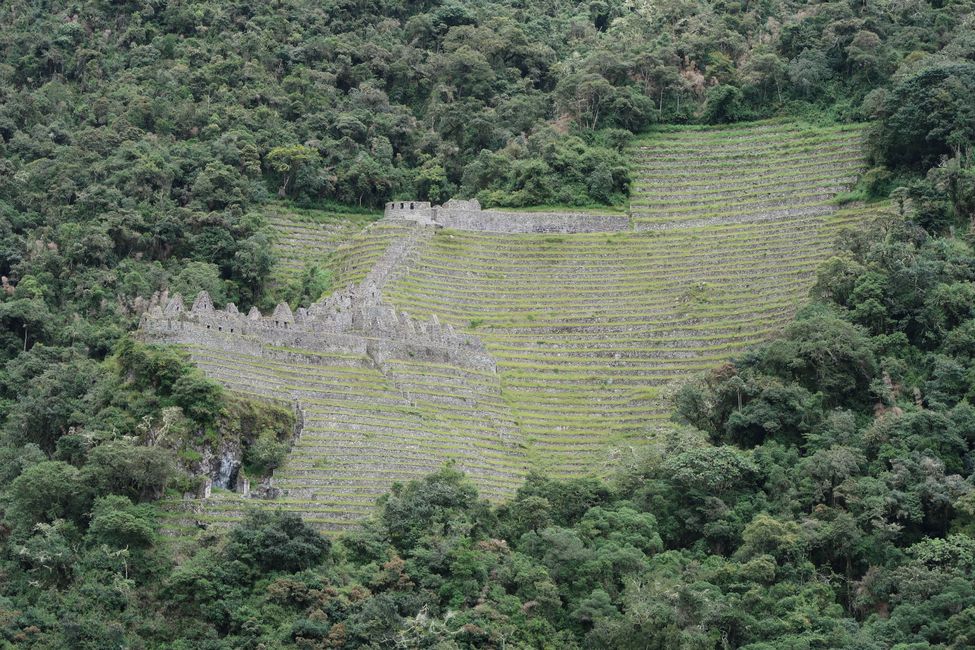
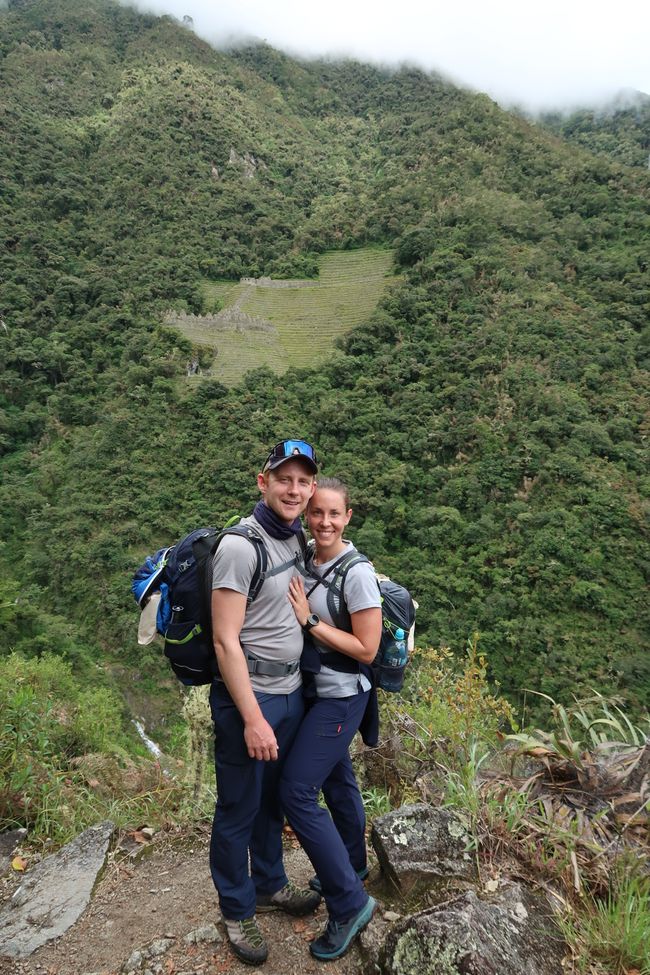
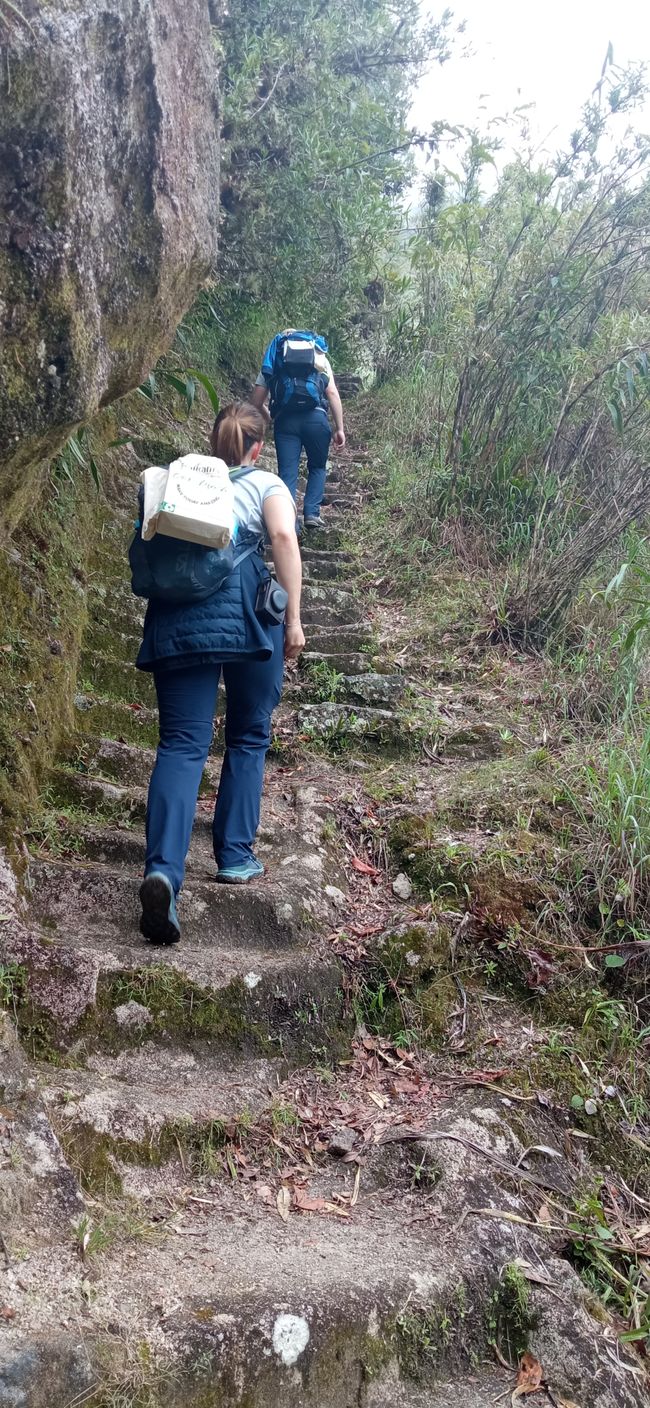
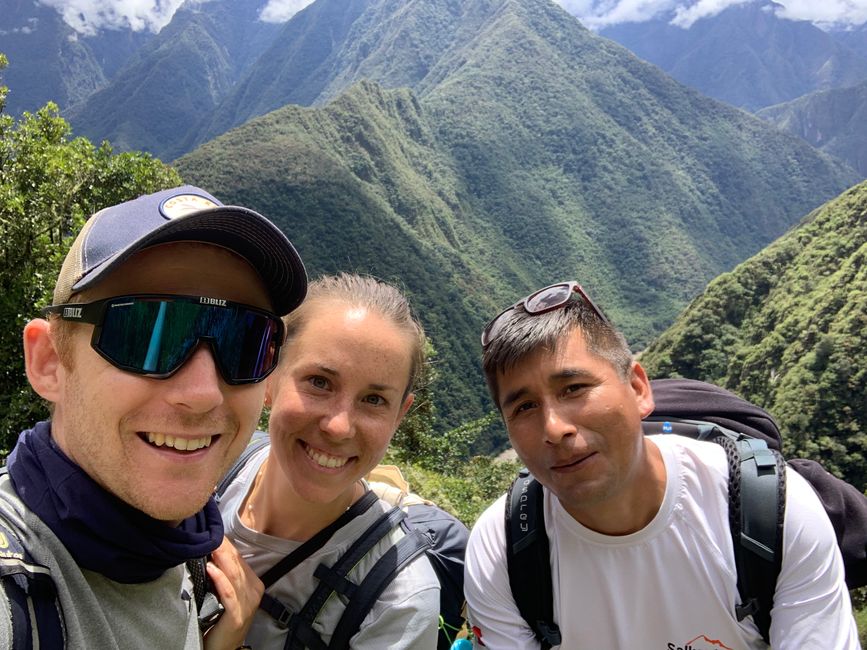
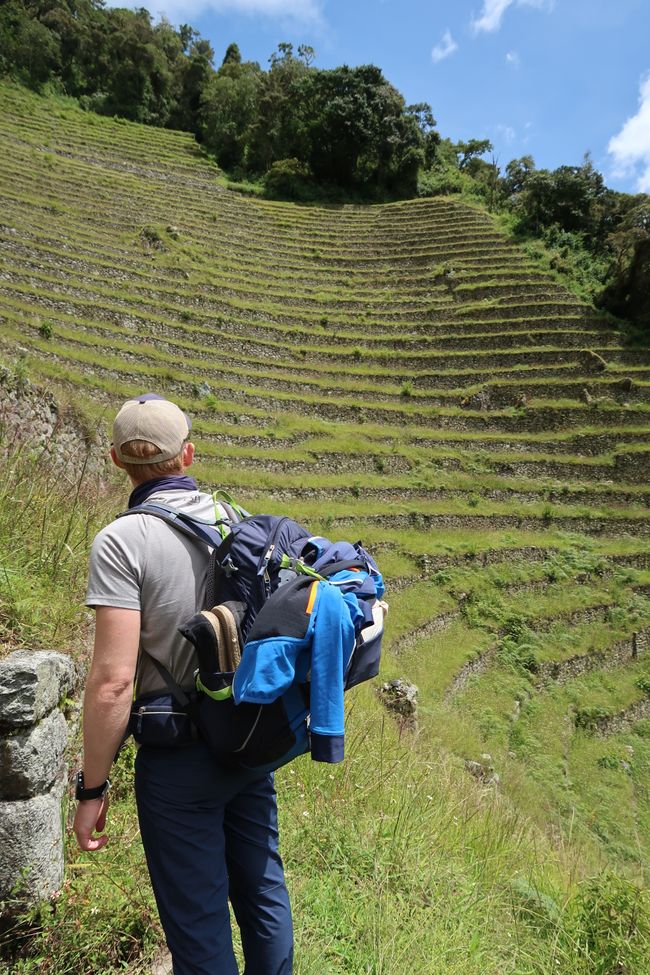
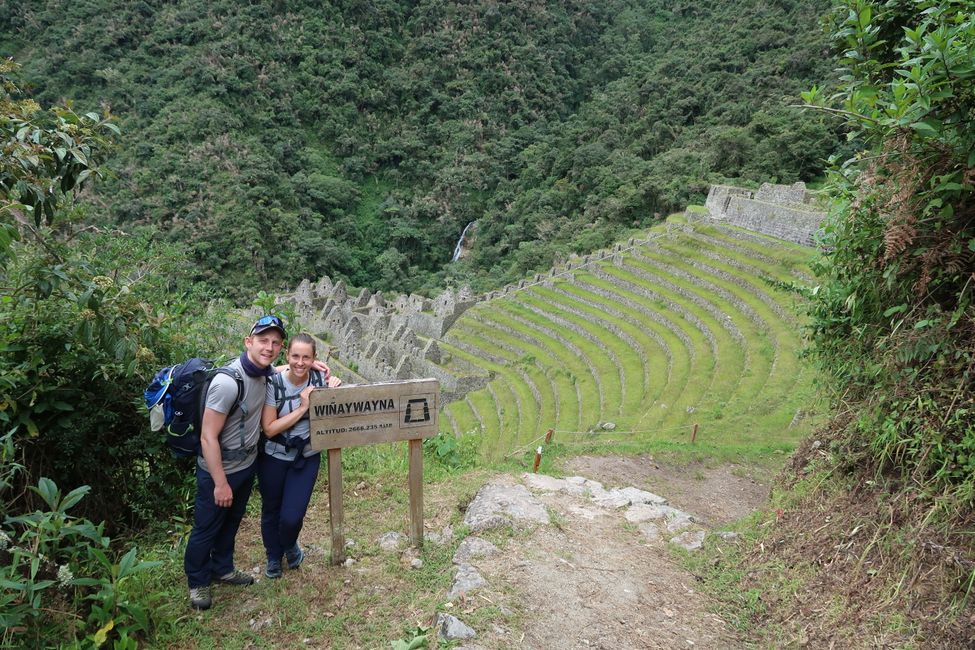
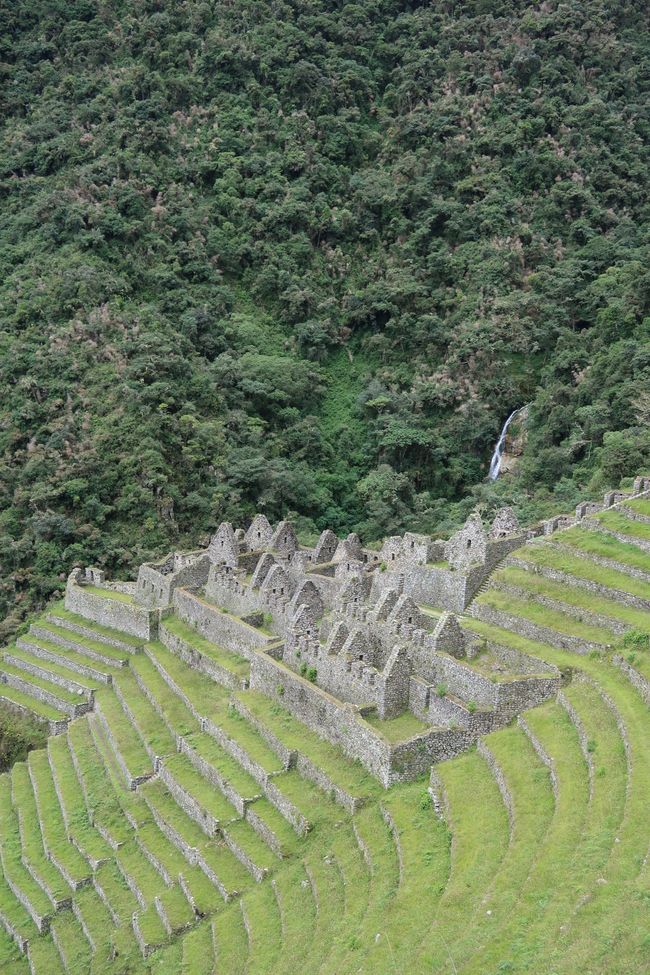
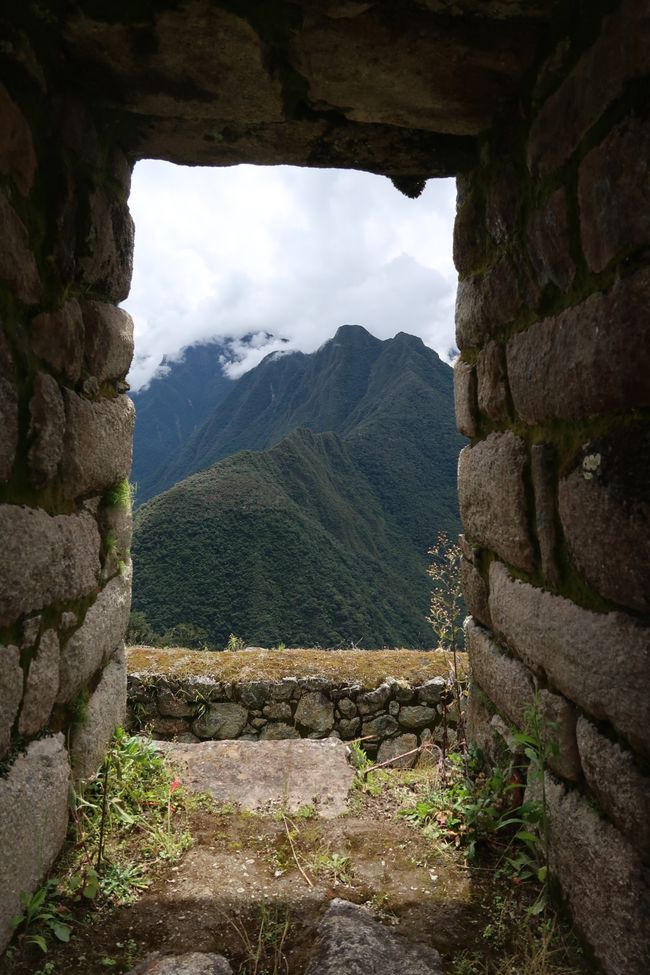
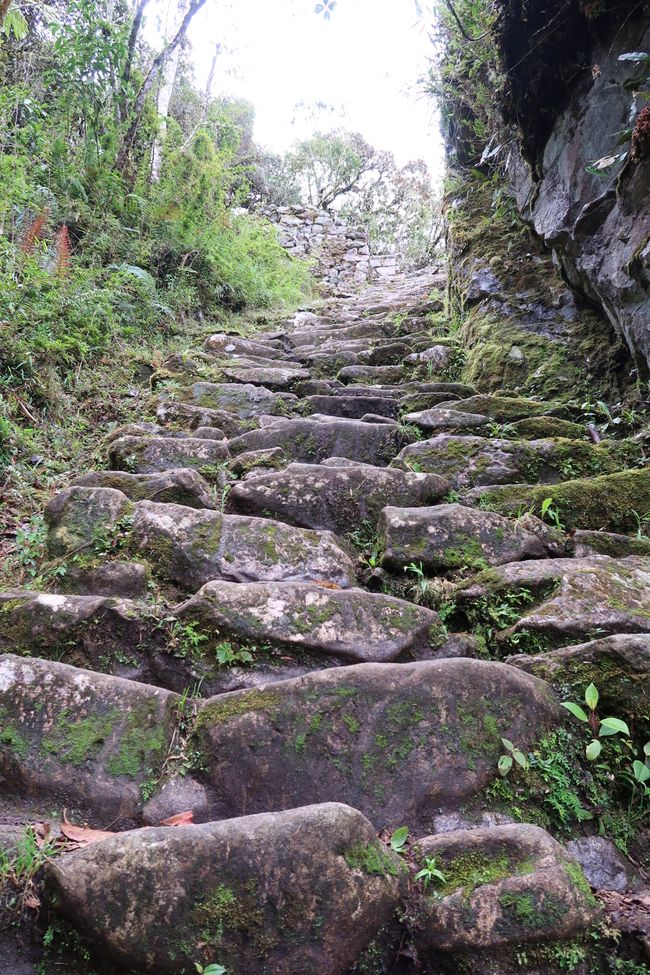
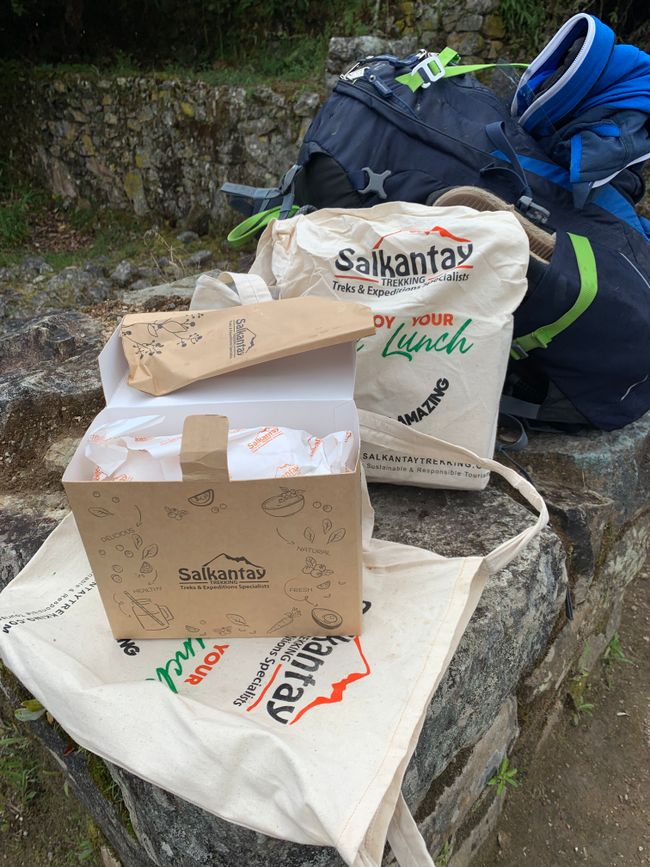
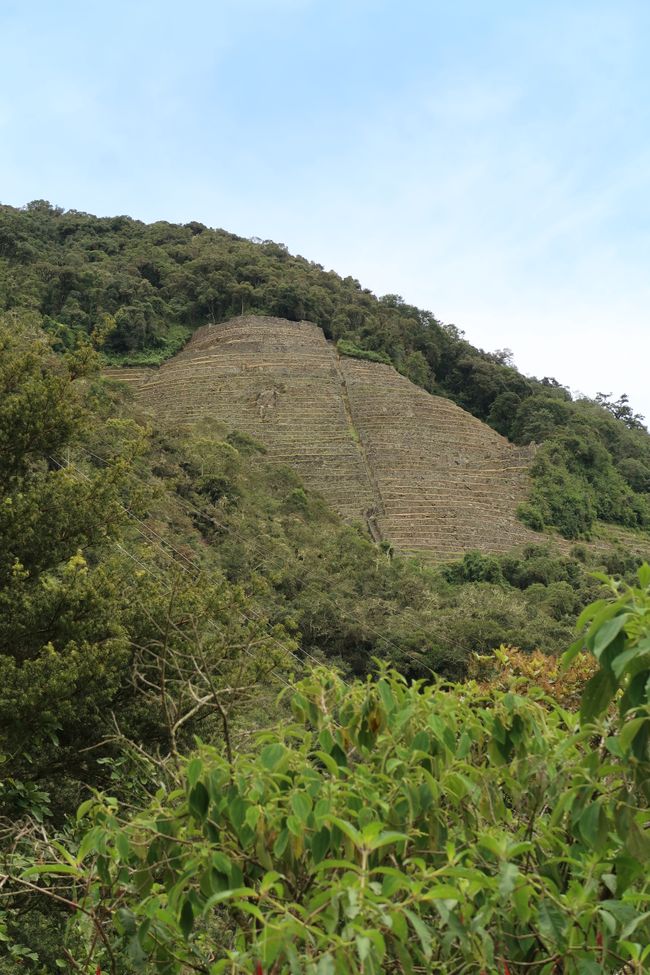
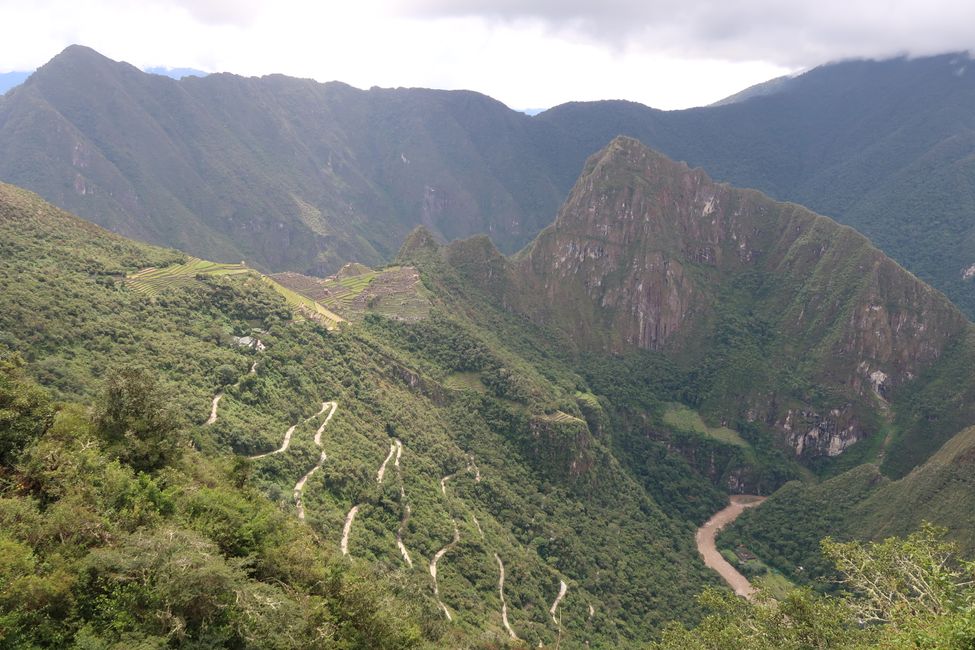
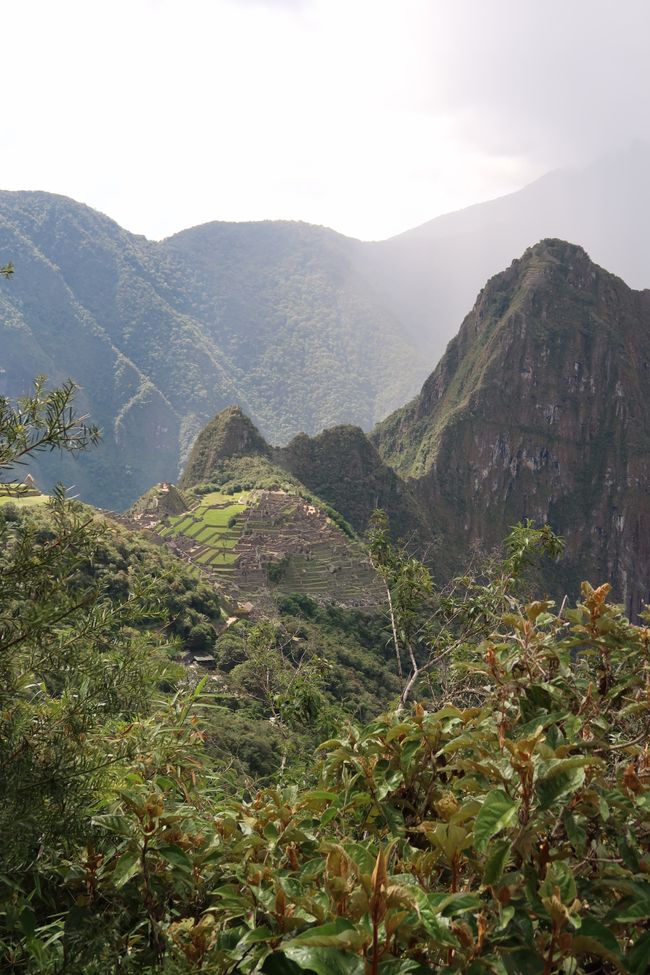
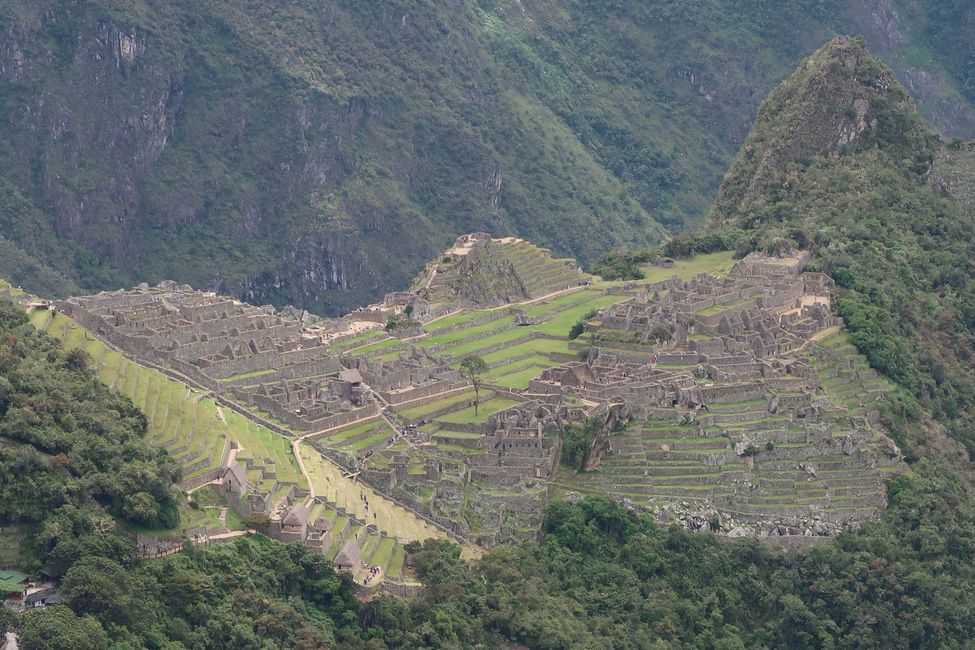
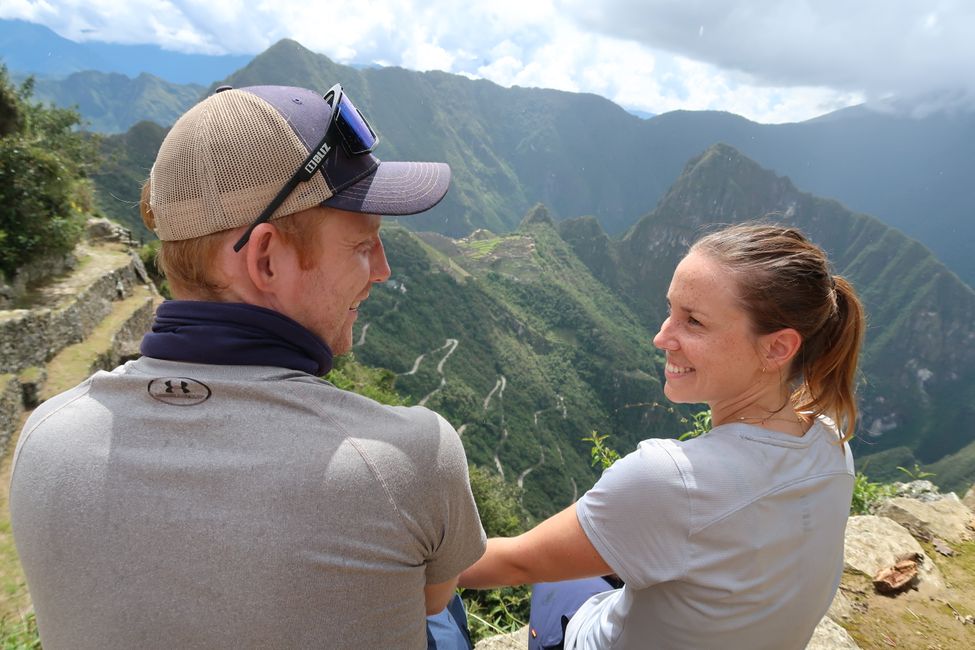
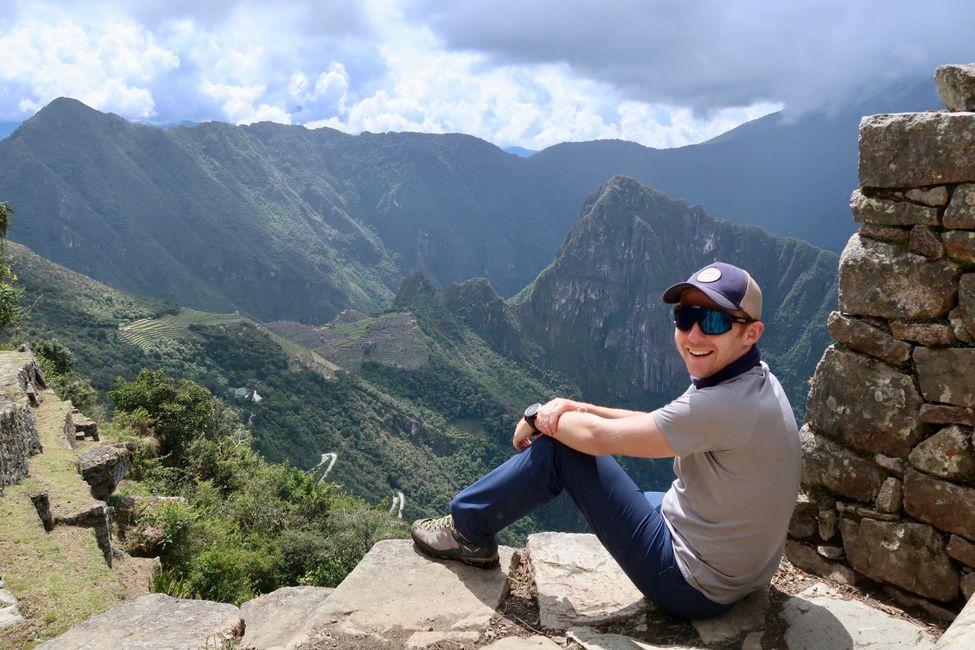
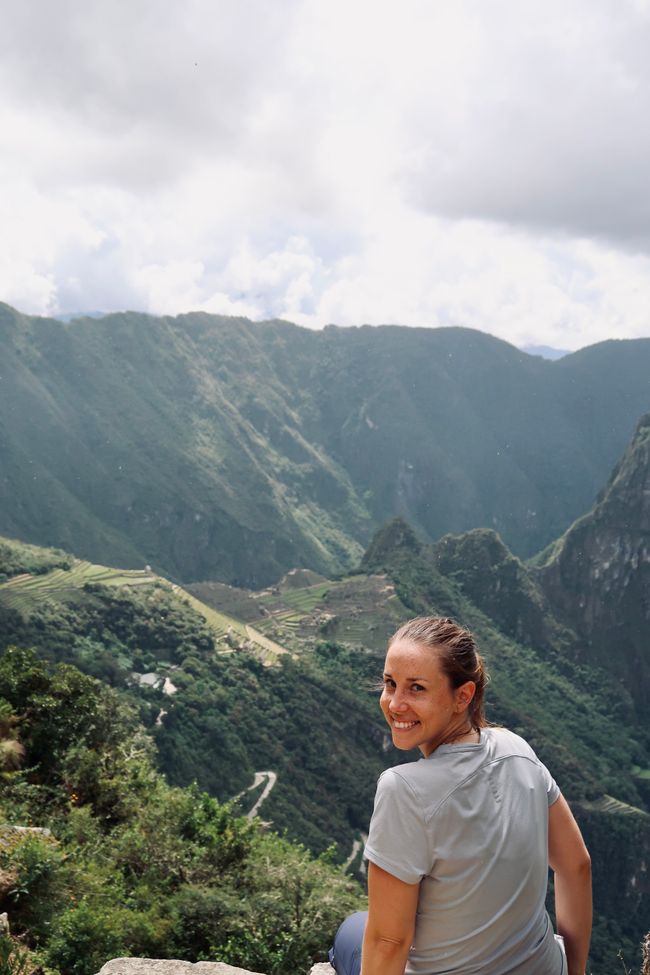
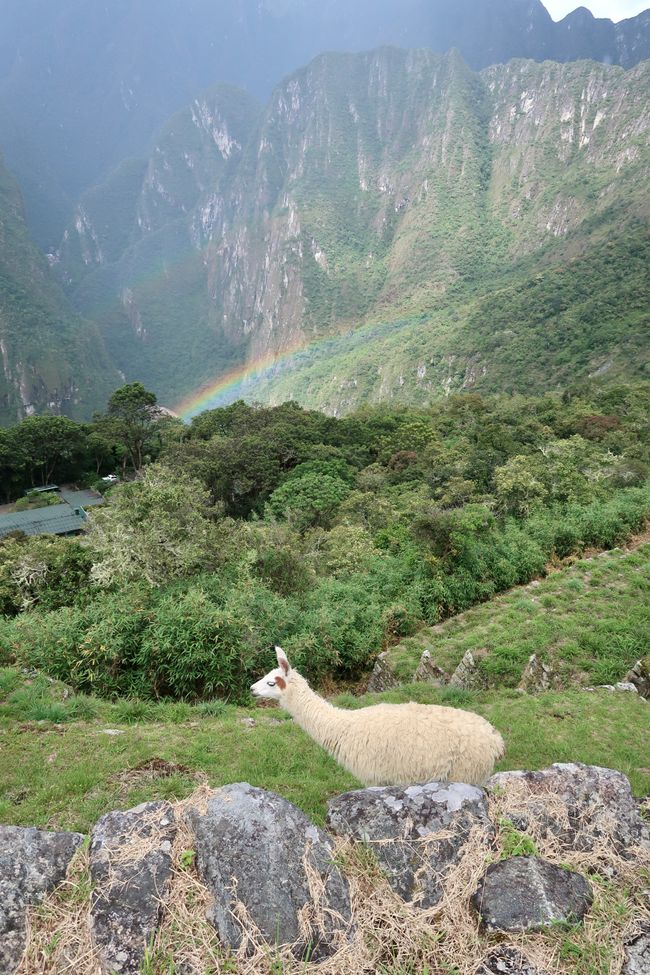
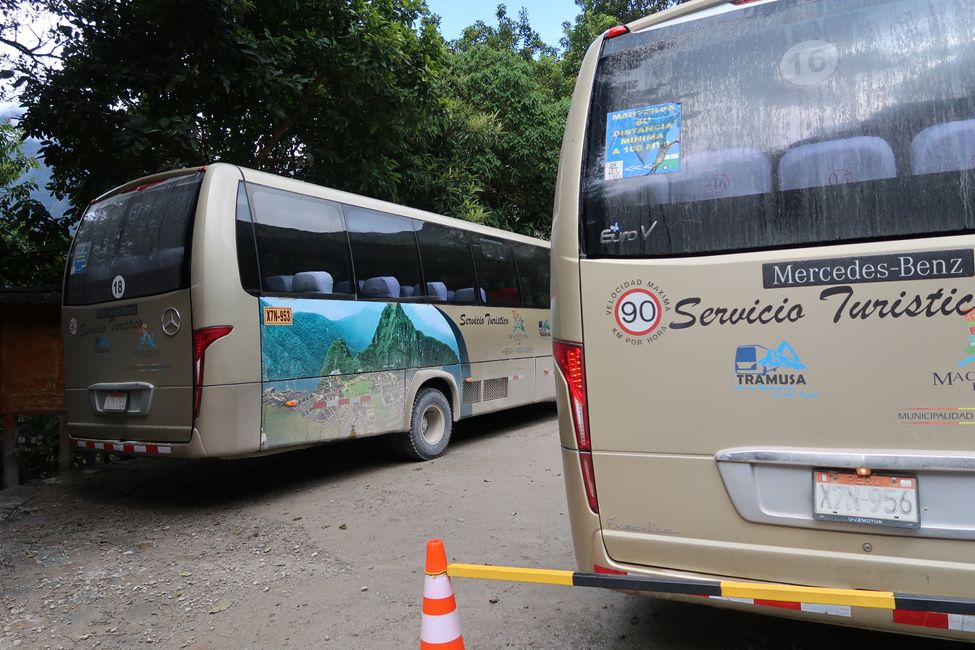
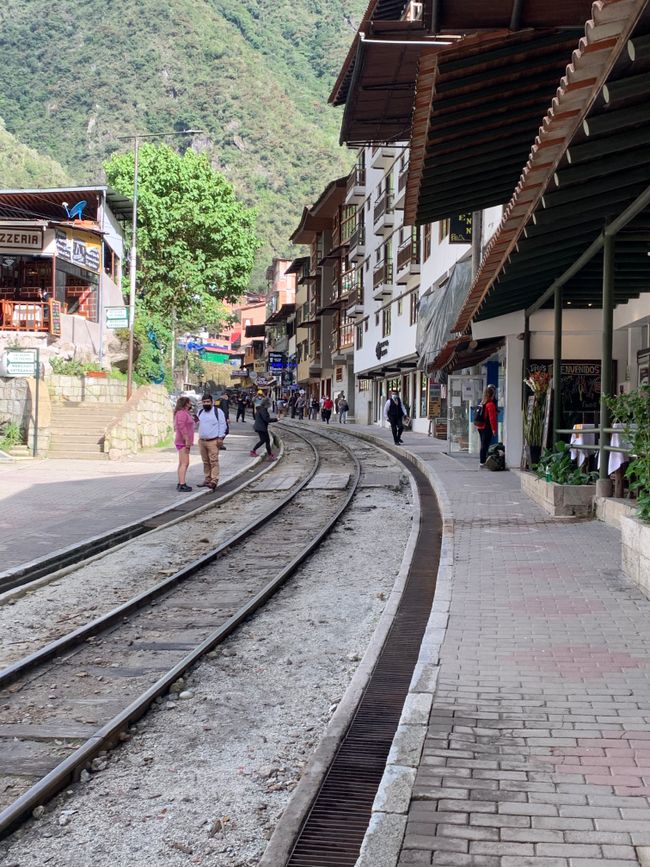
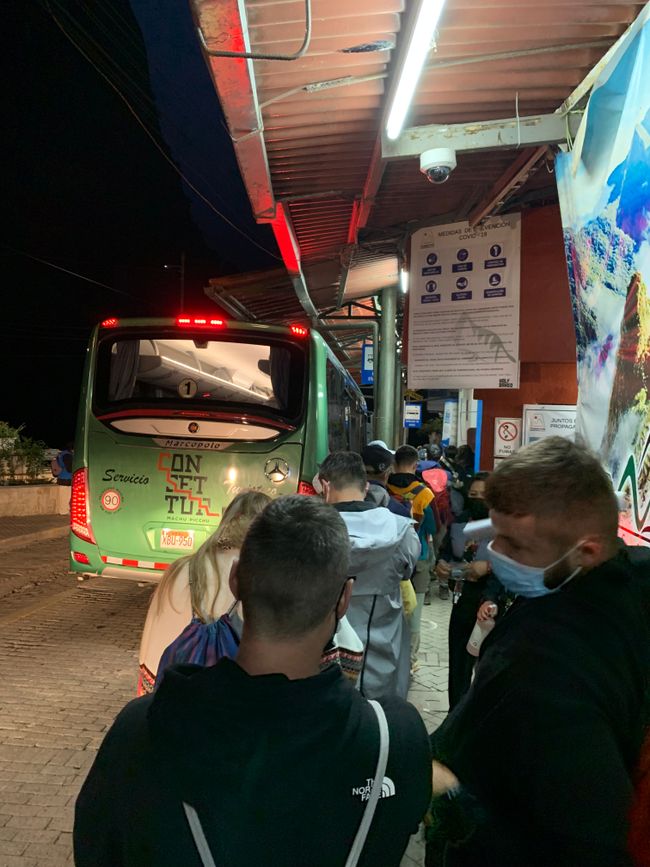
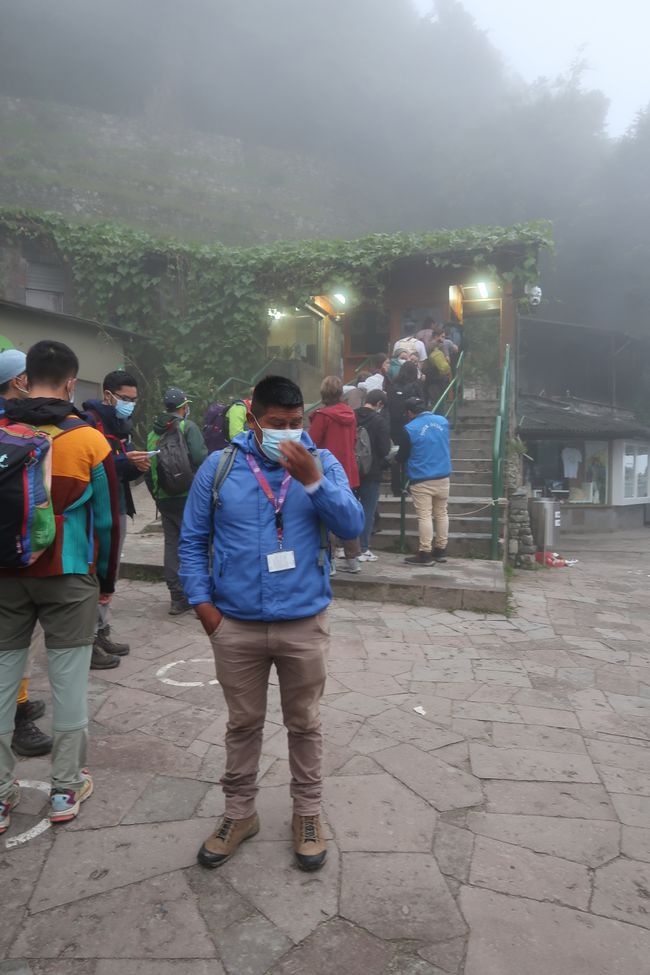
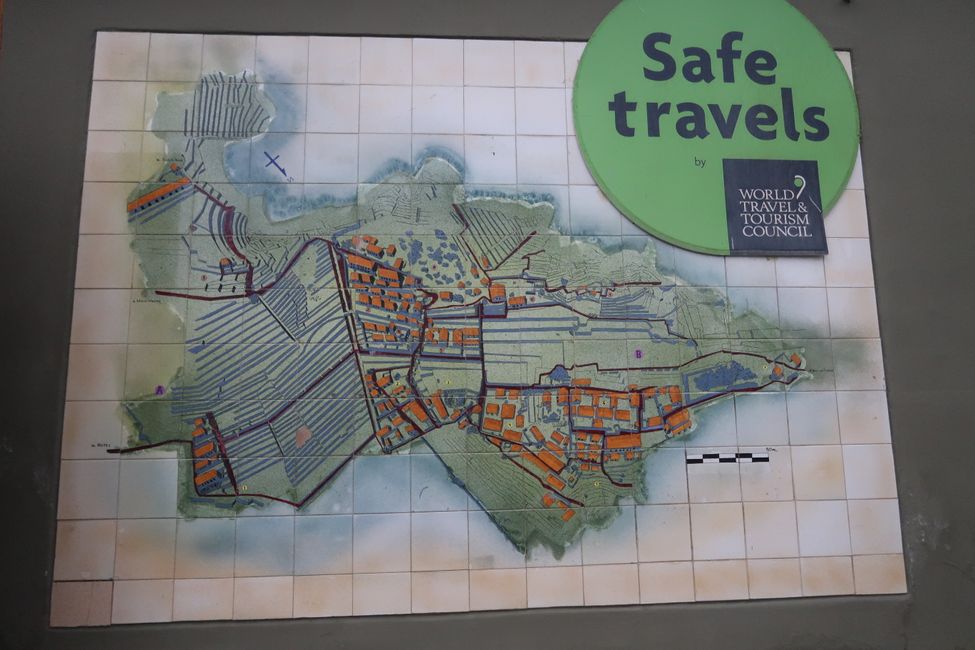
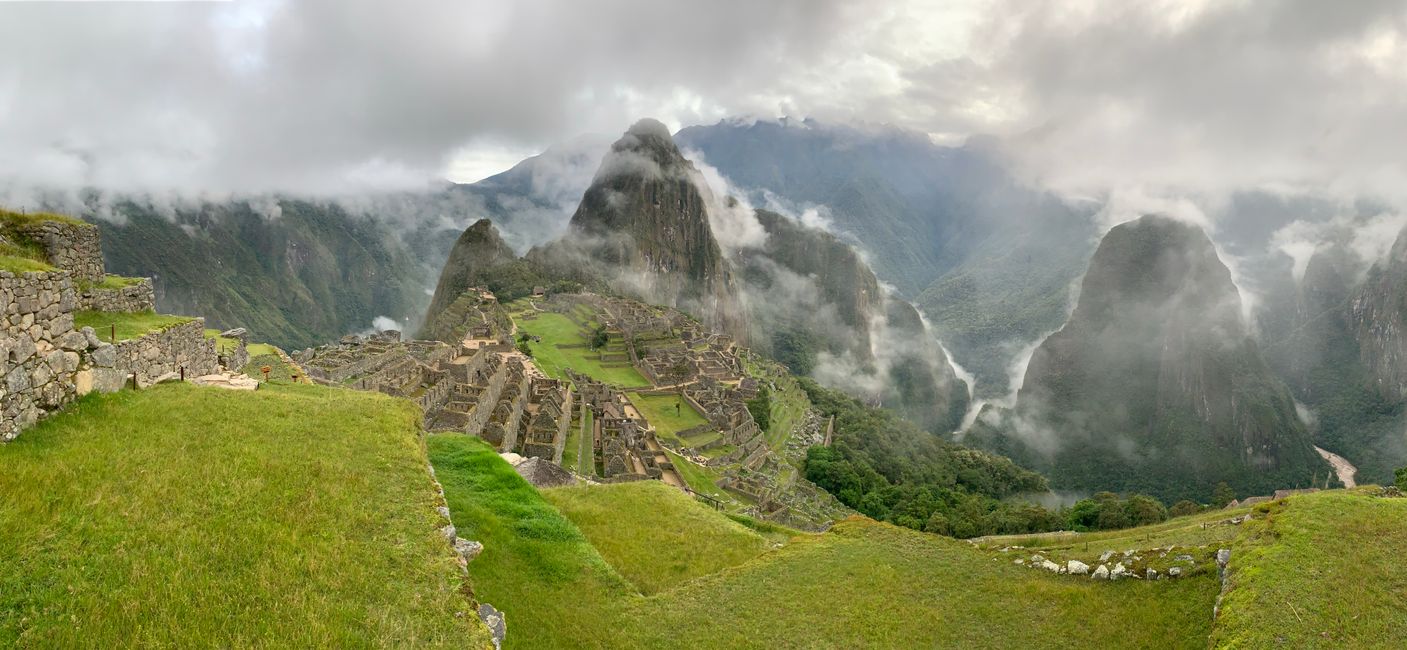
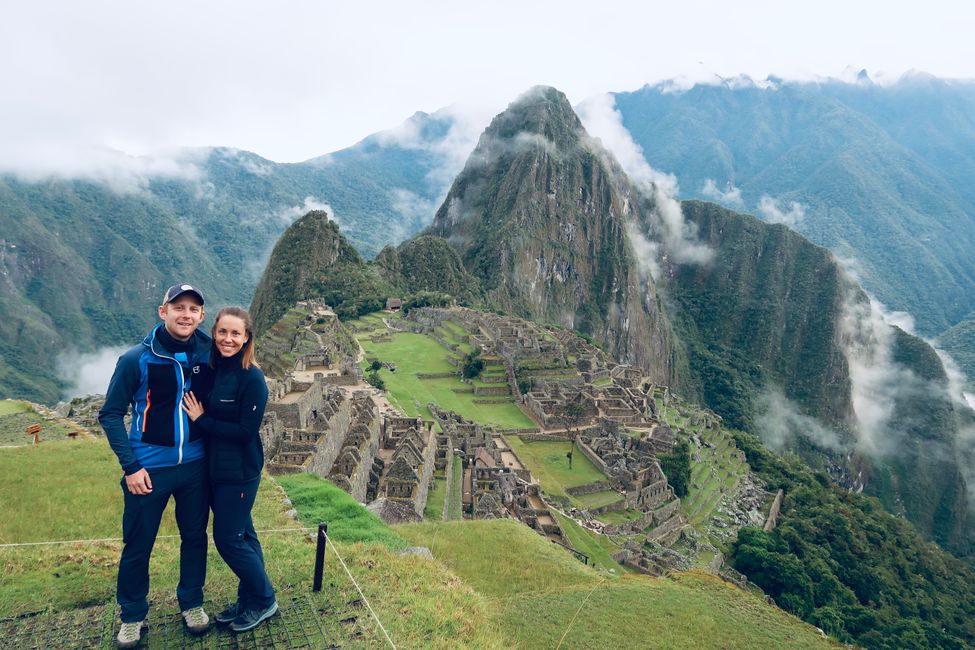
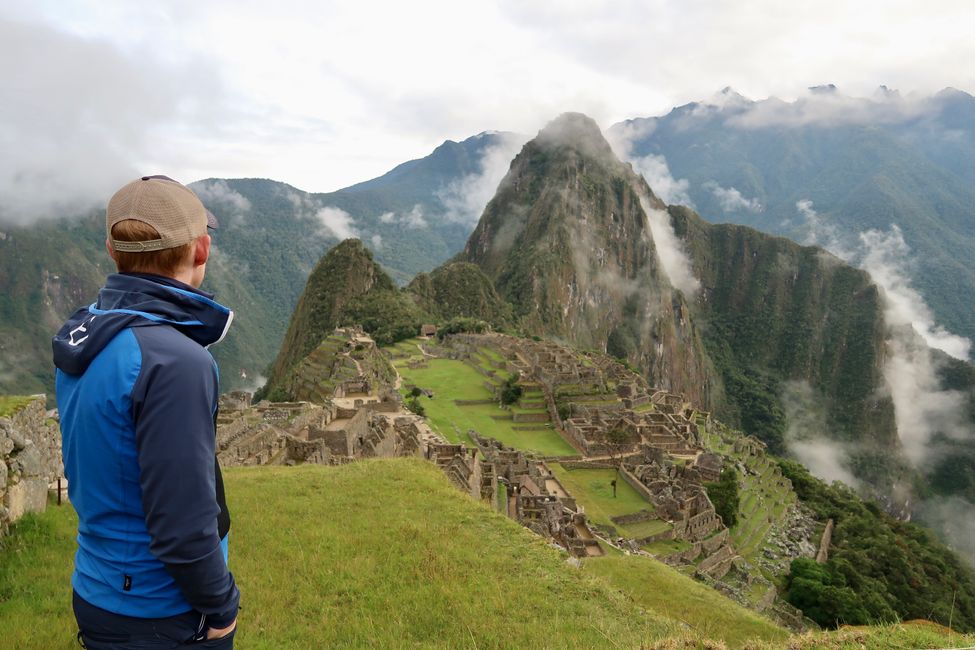
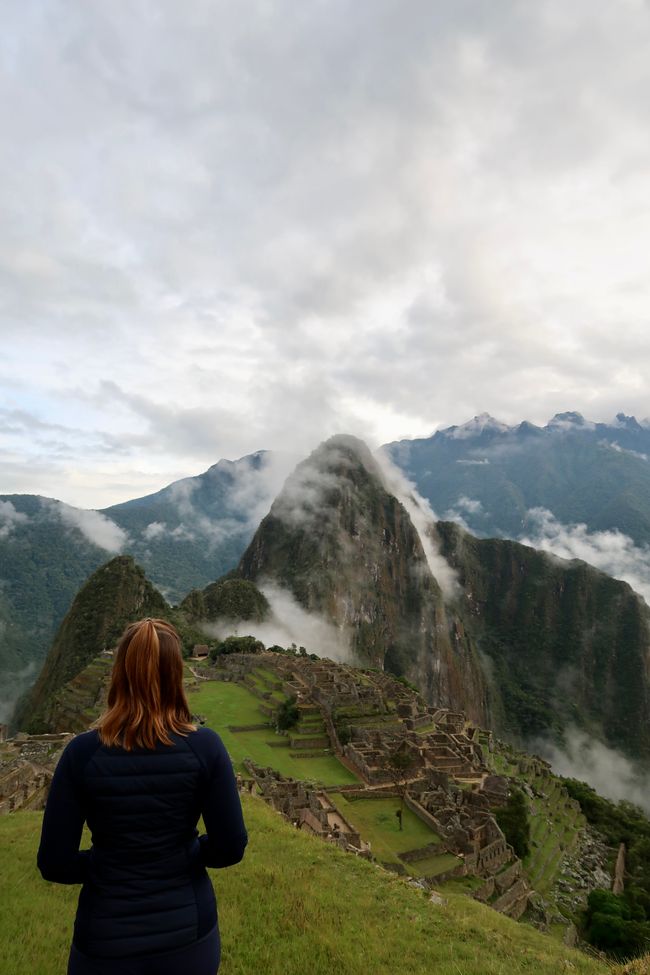
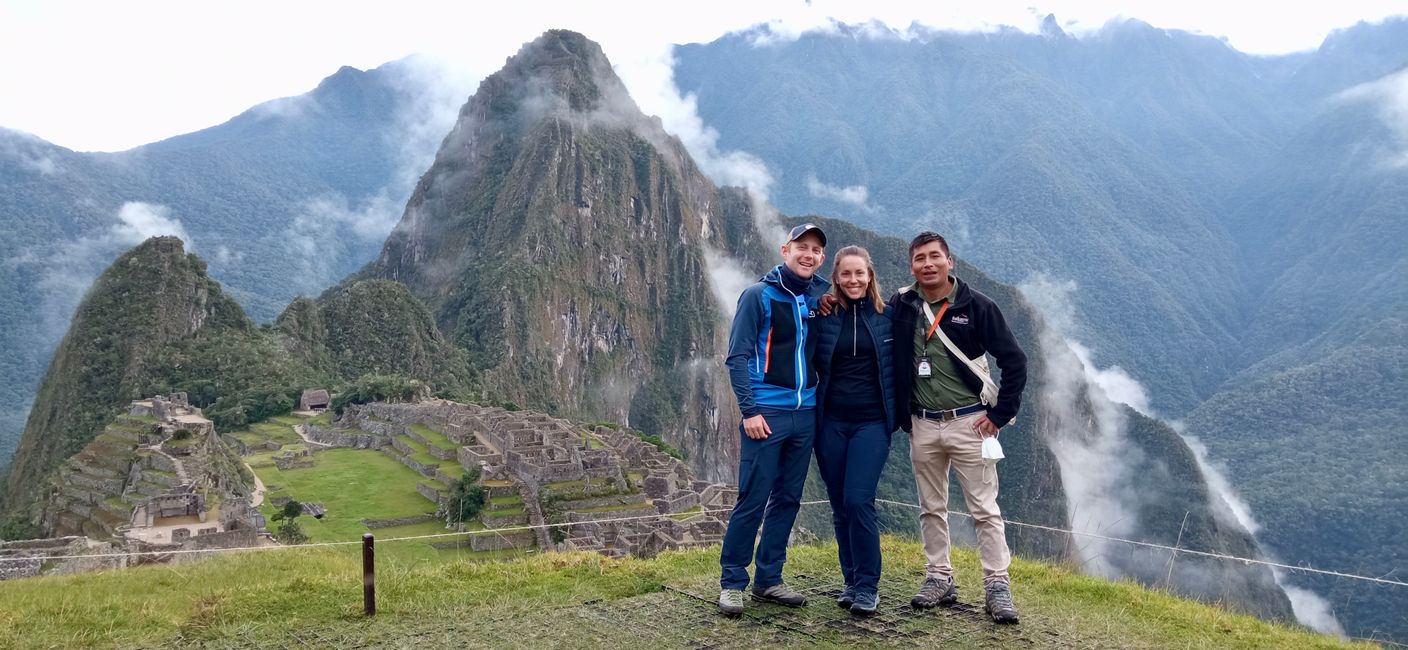
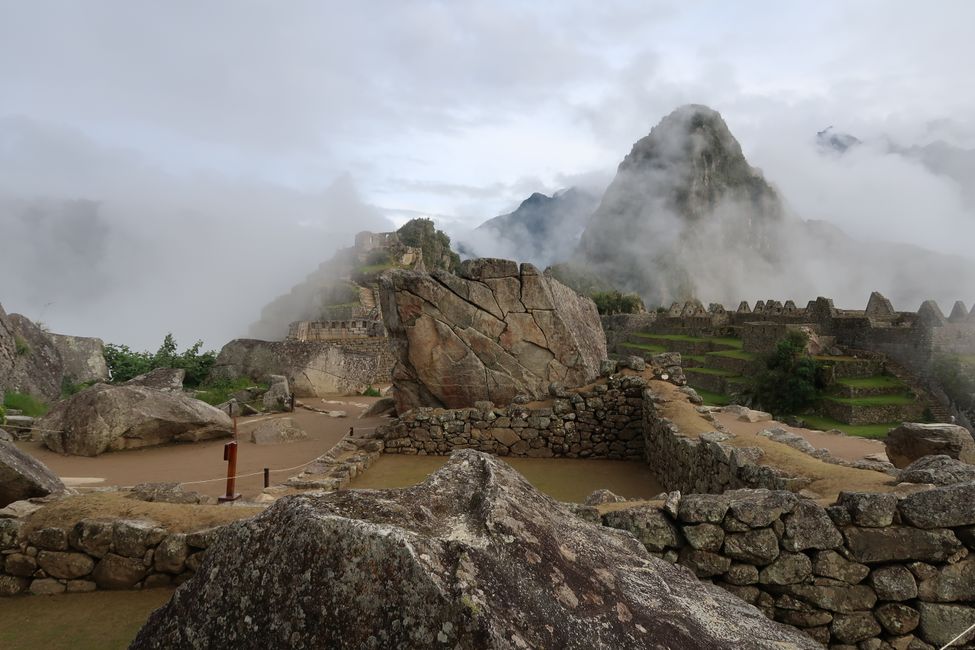
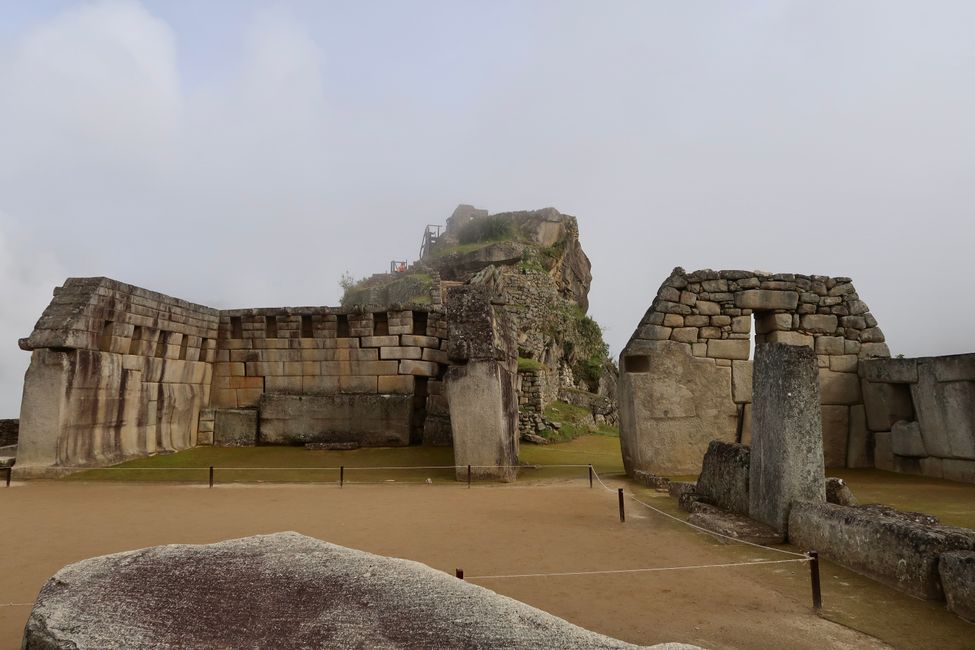
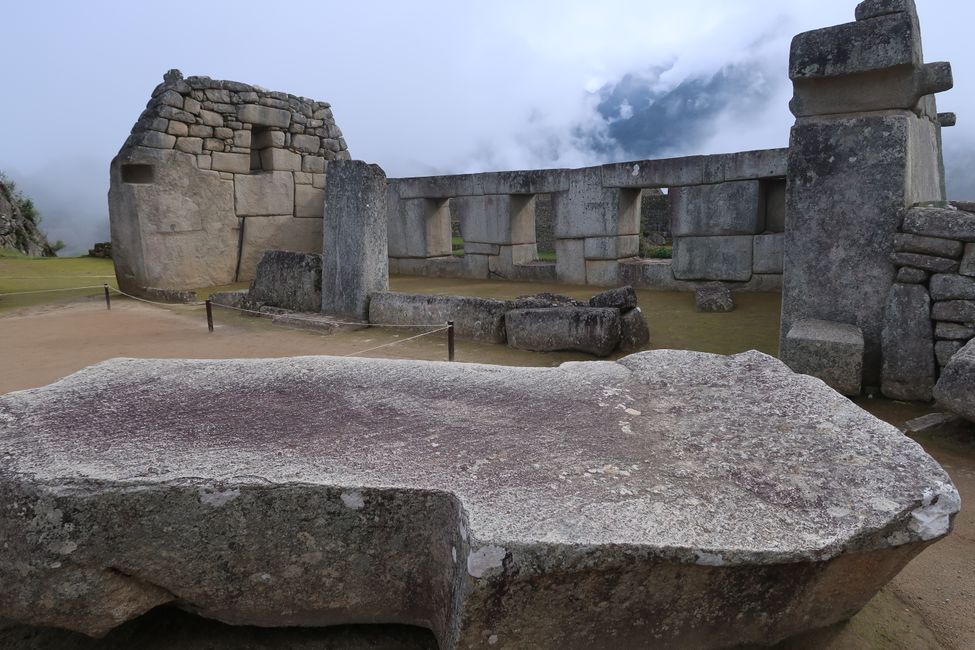
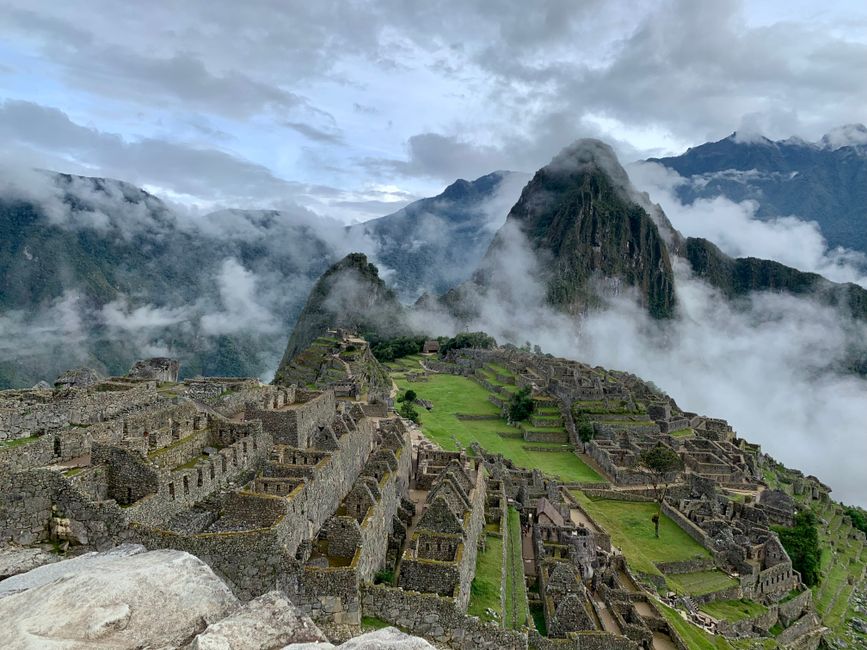
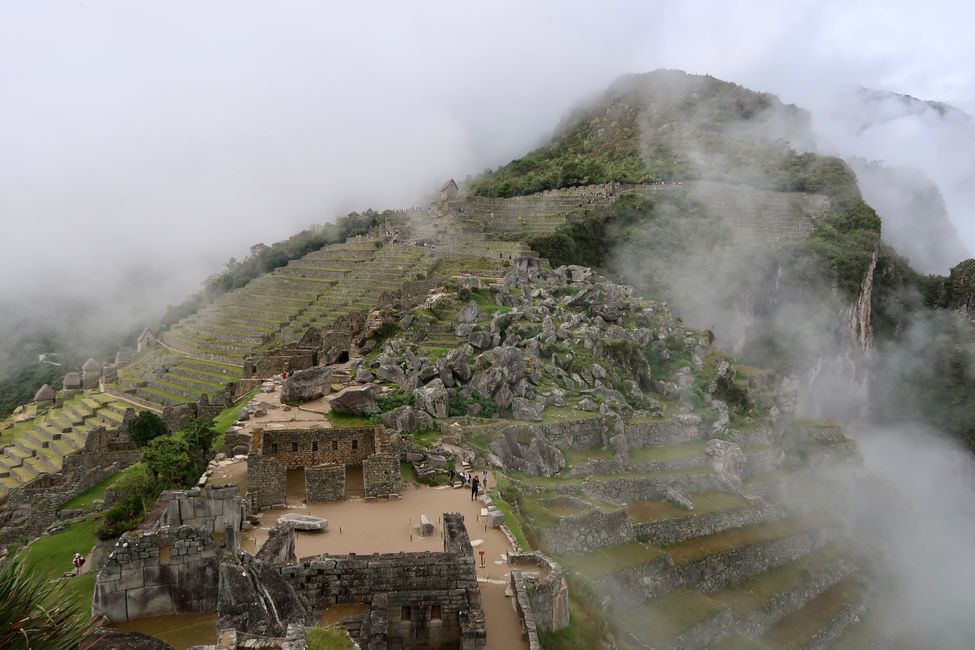
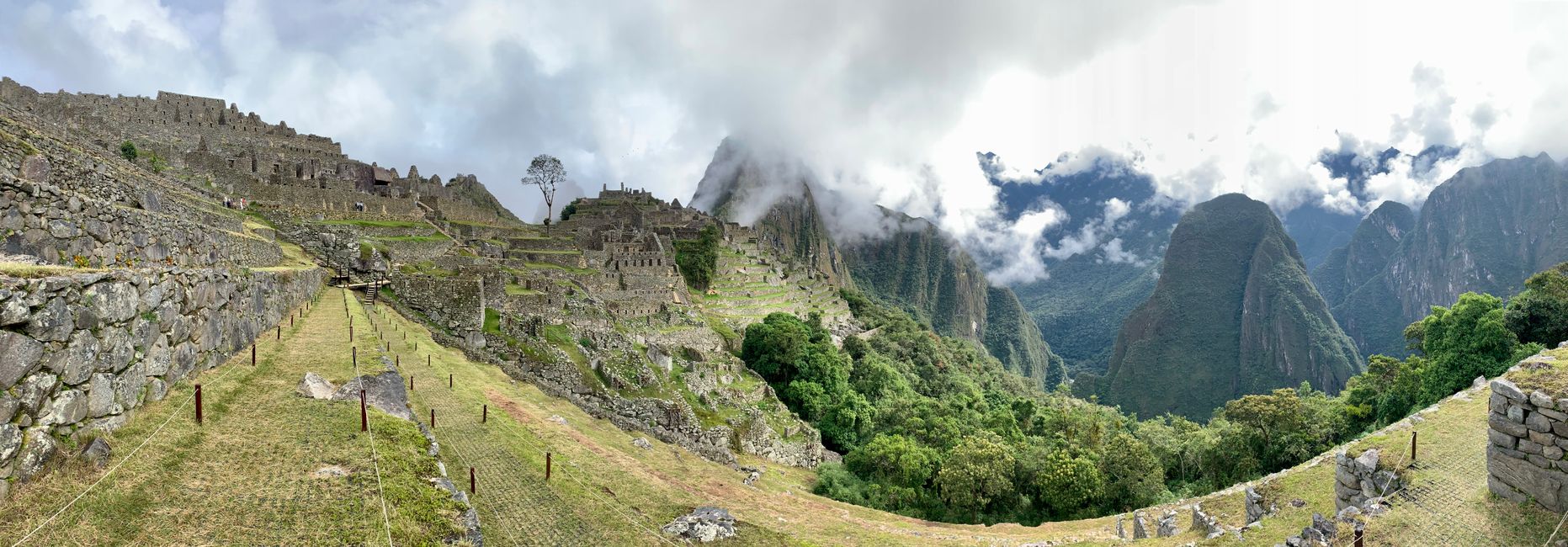
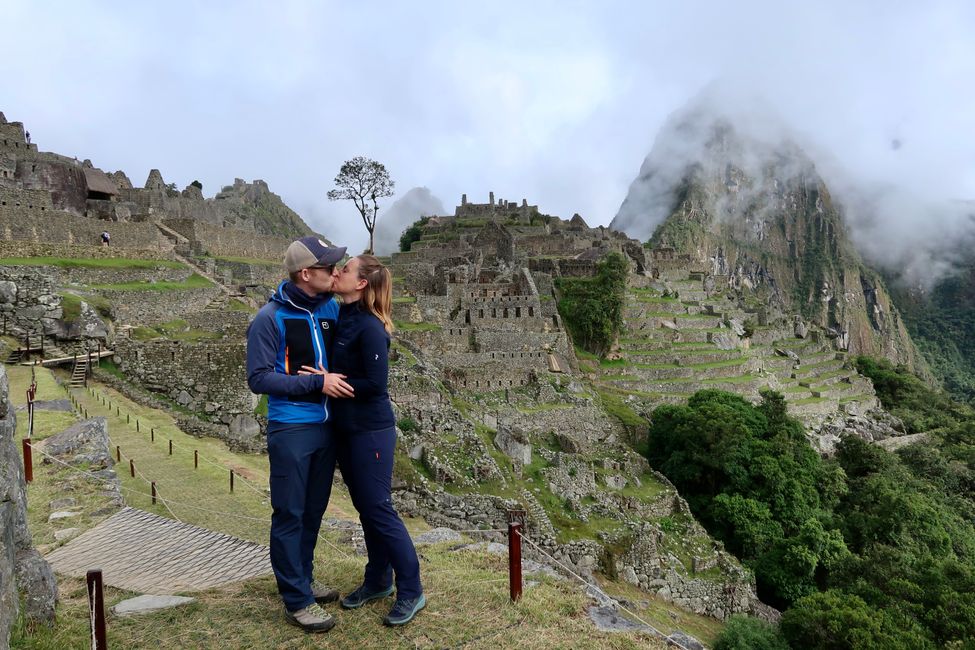
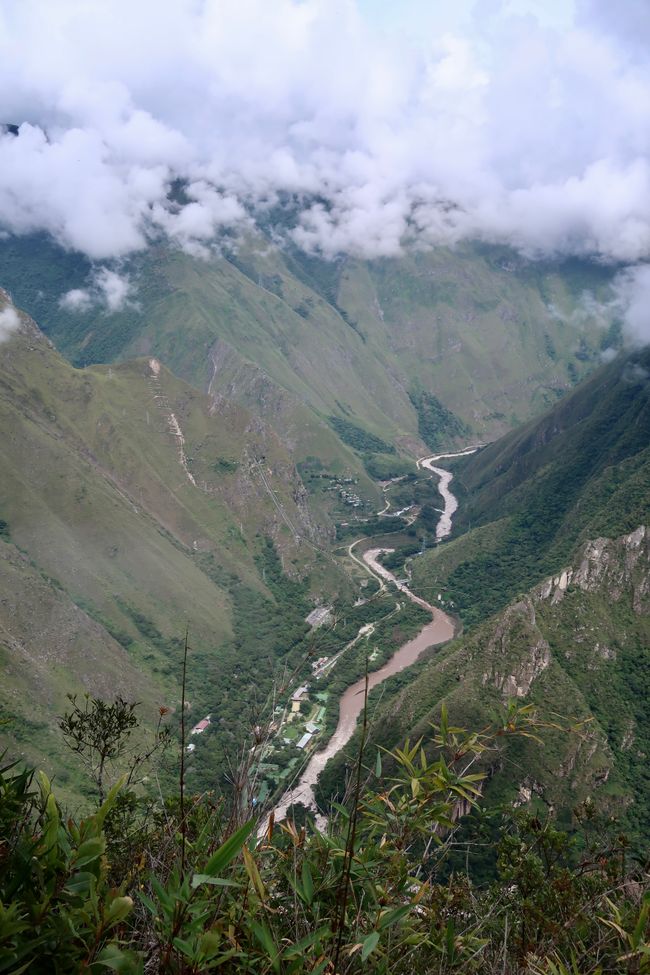
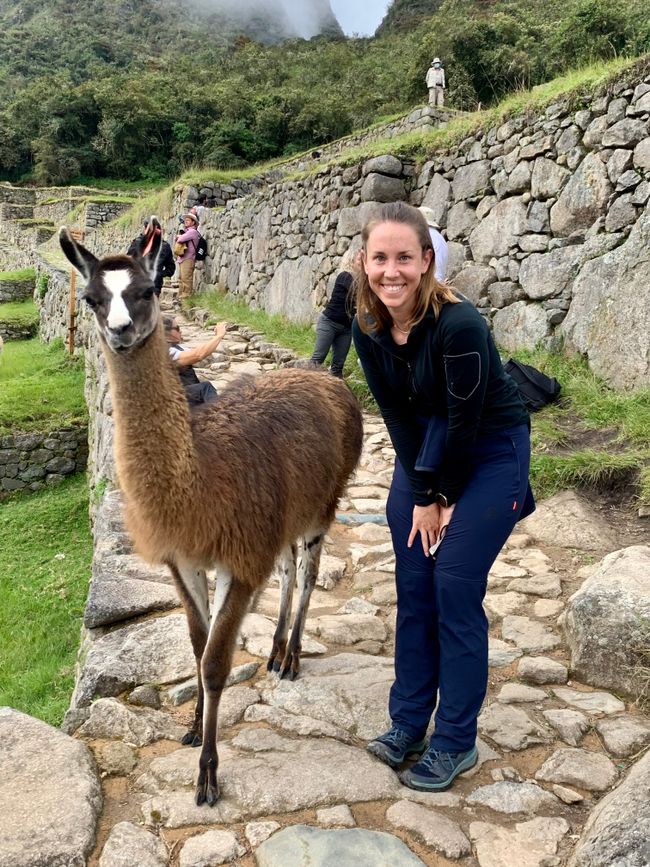
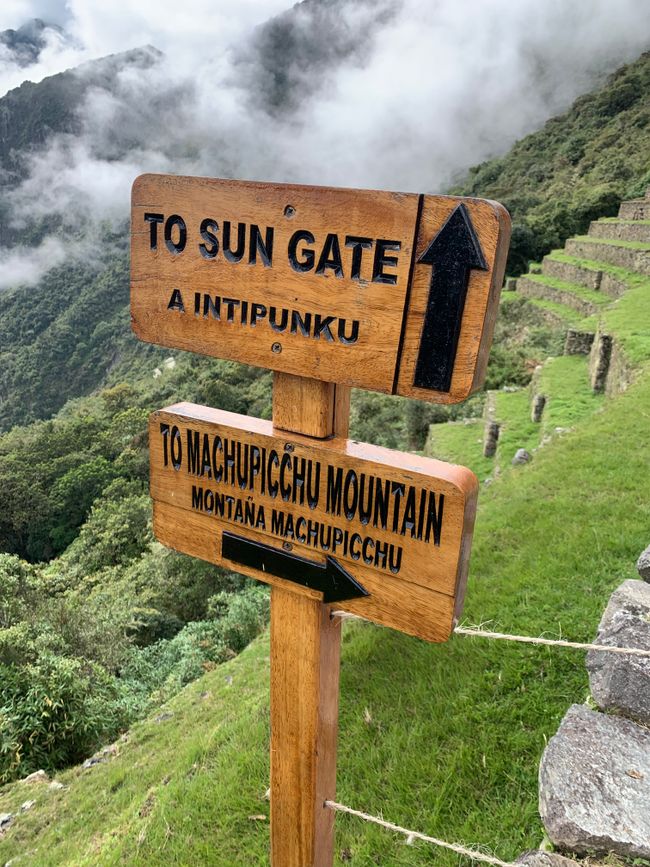
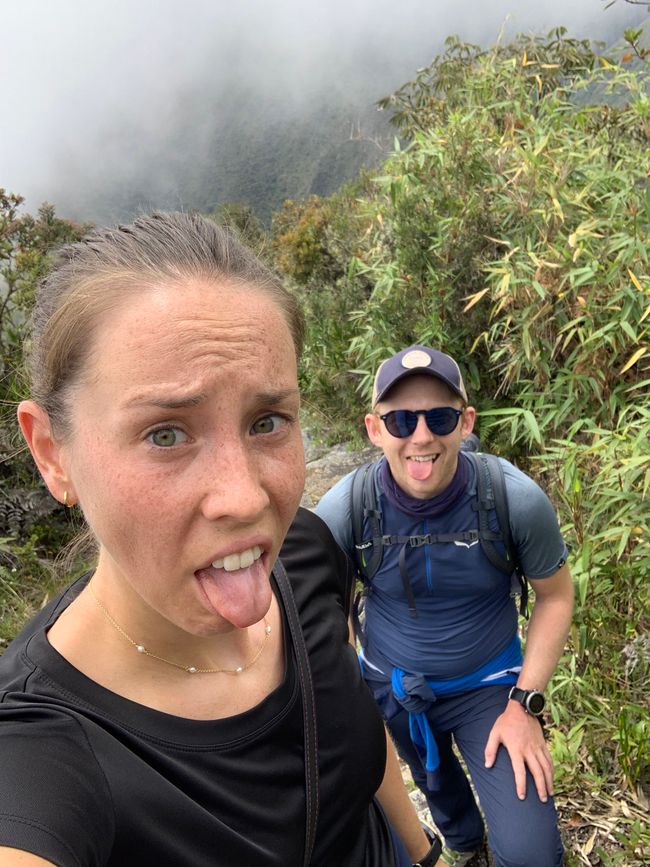
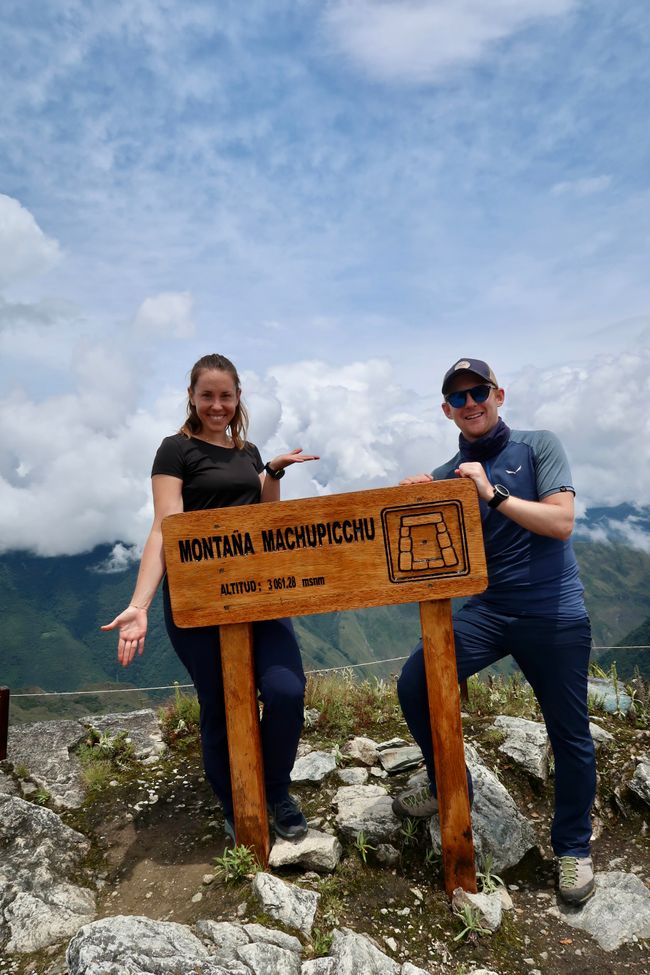
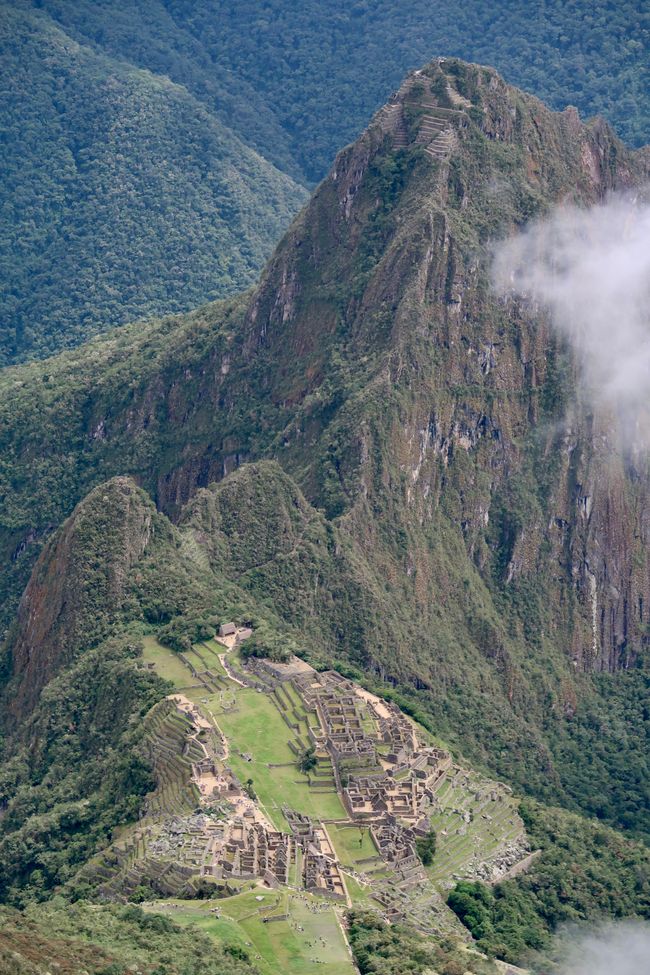
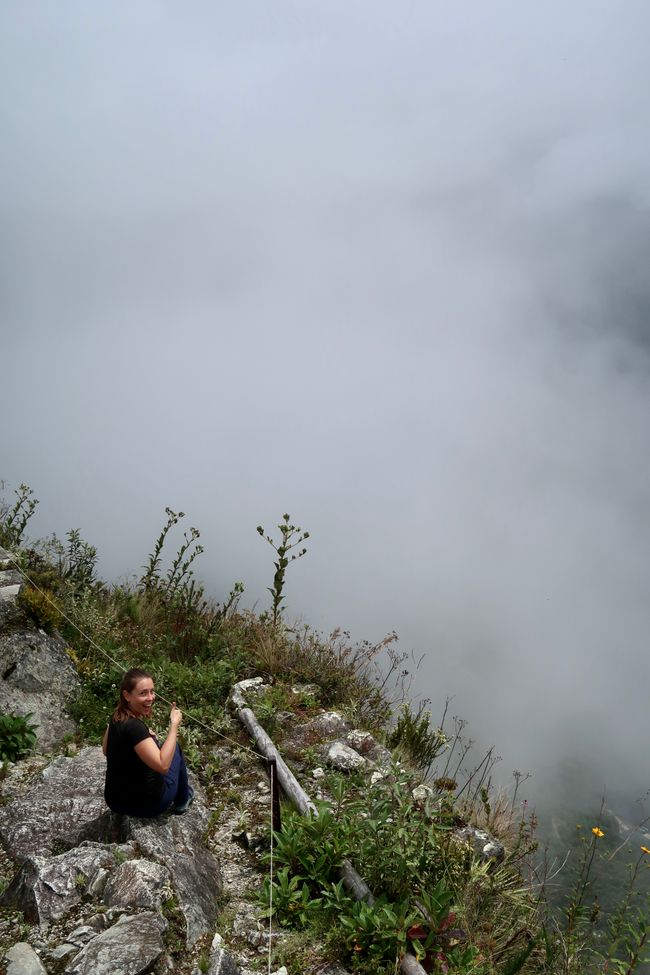
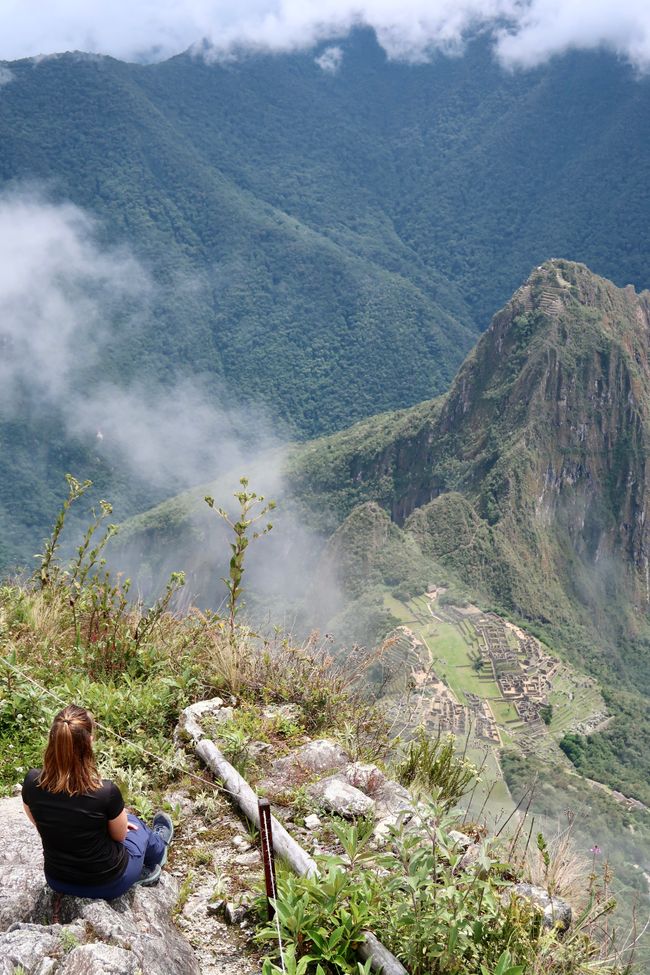
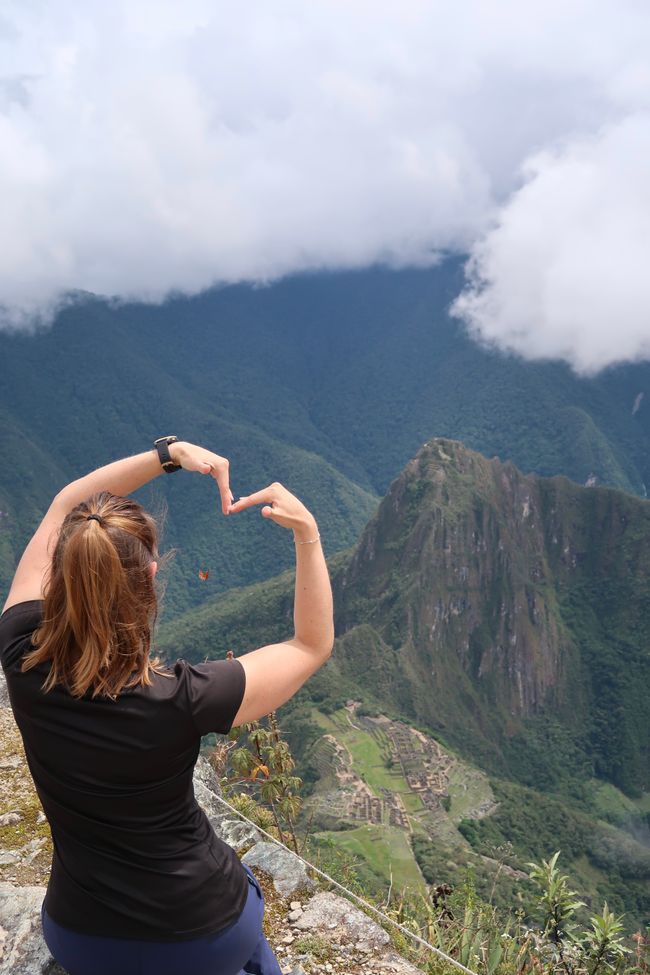
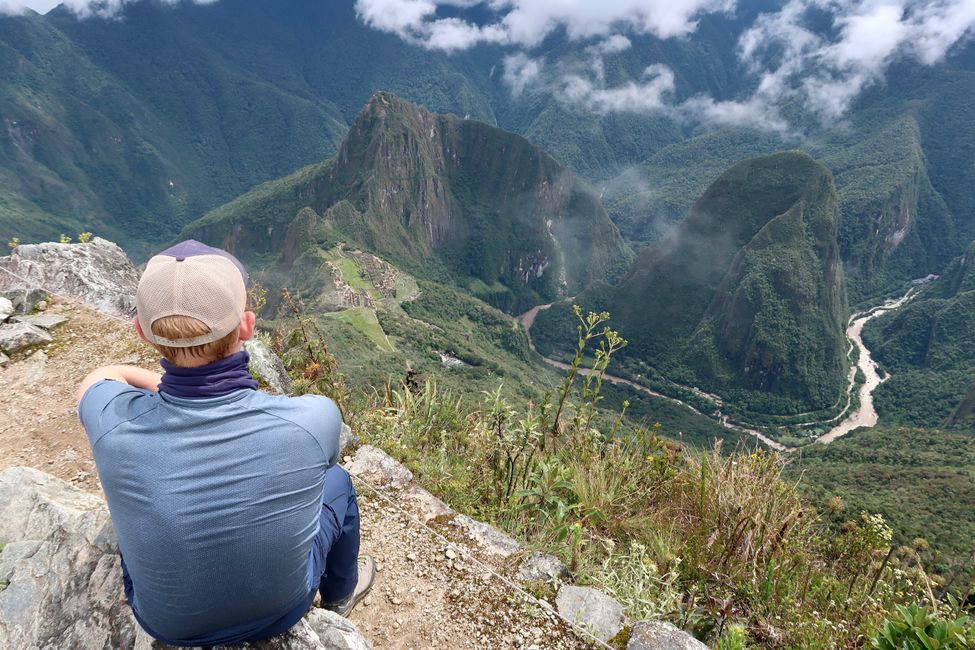
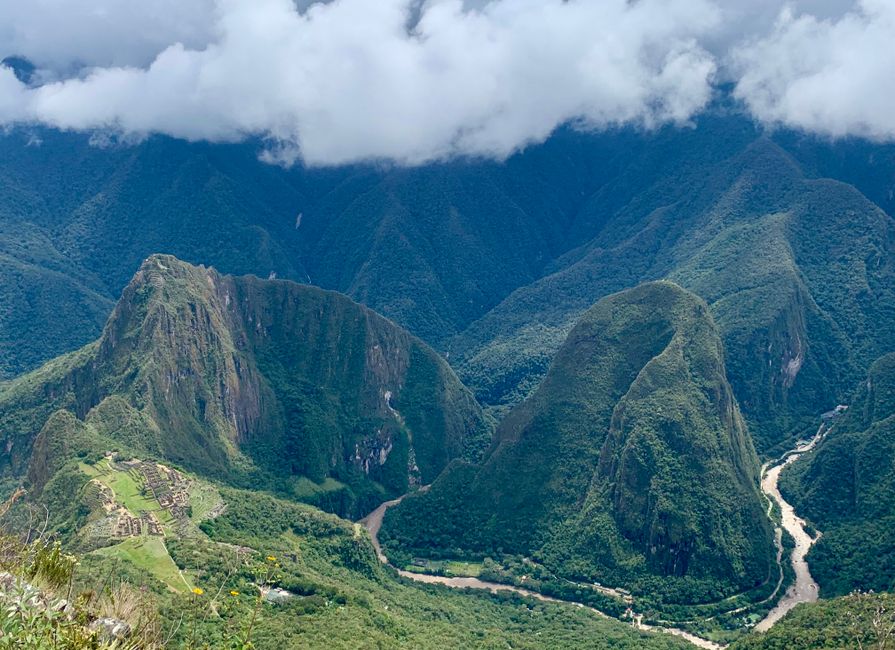
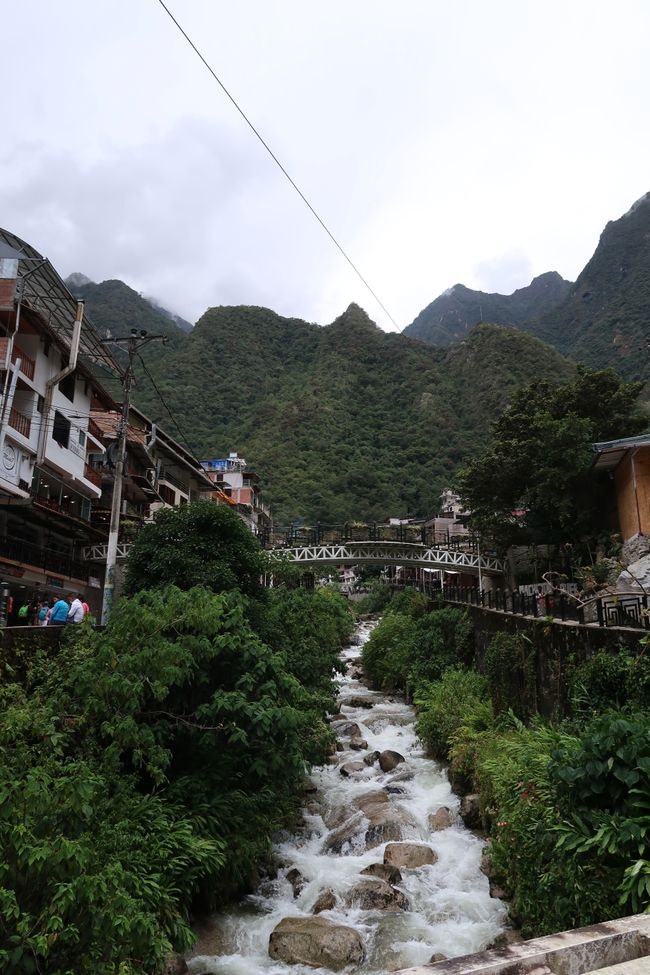
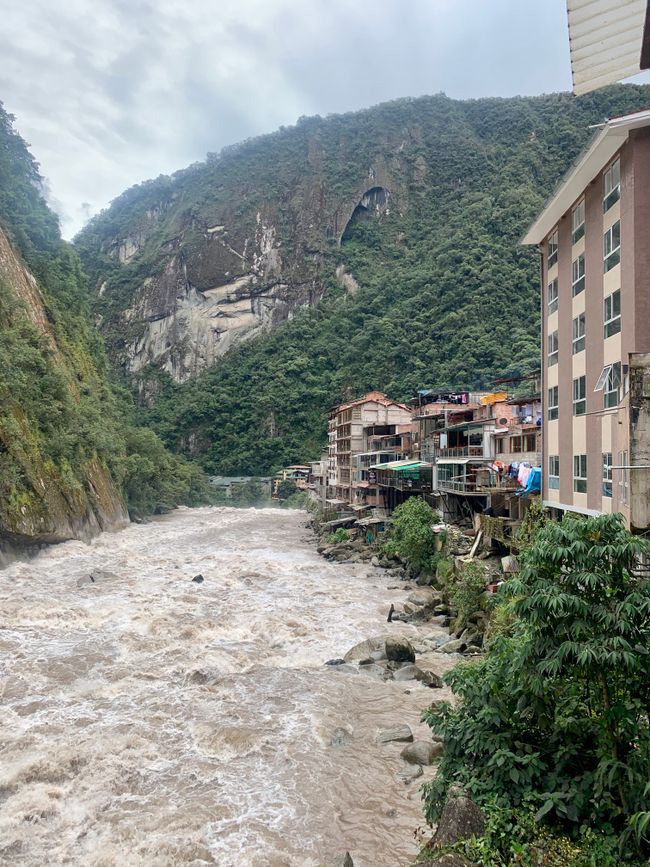
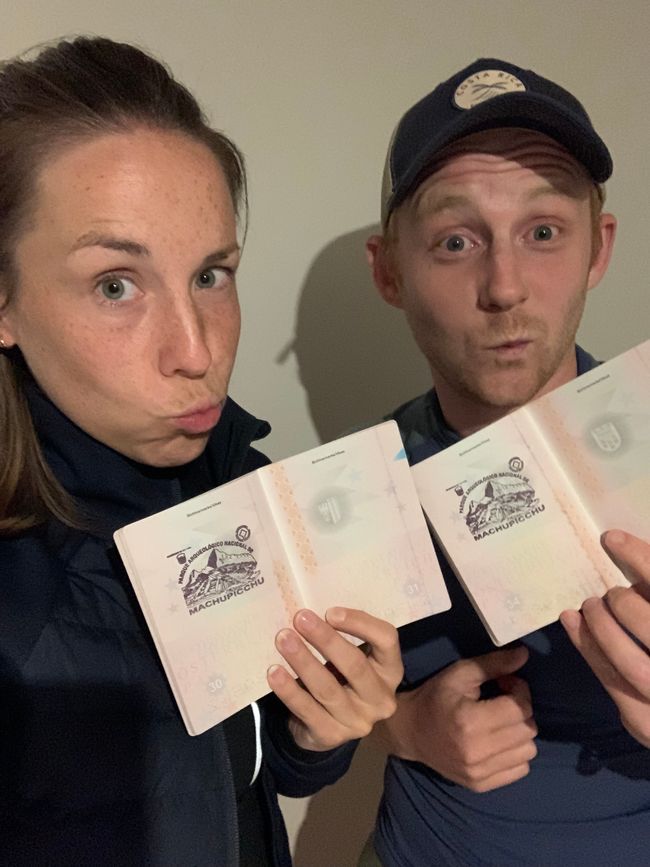
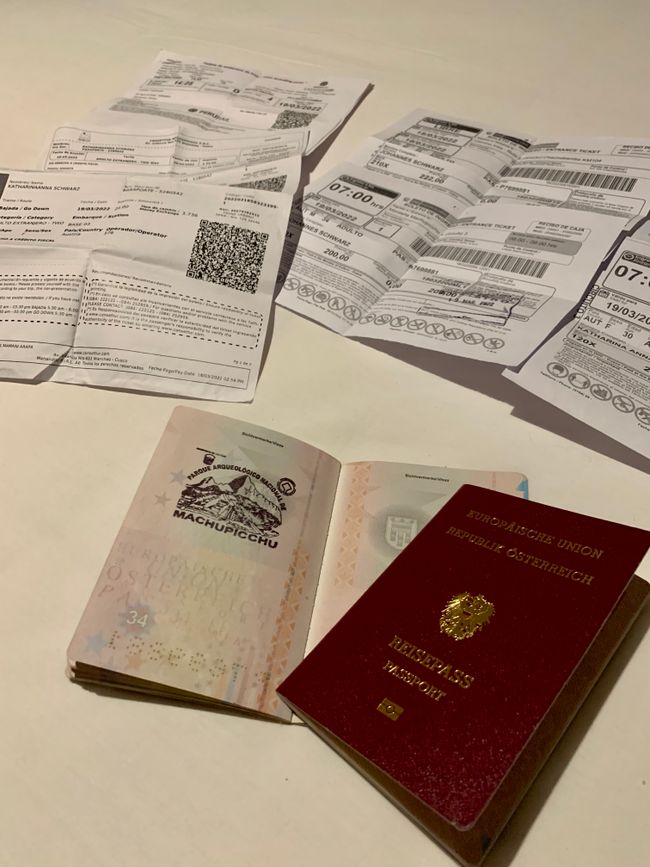
Jiandikishe kwa Jarida
The place to visit in Peru, a magical place, an amazing experience, one of the Seven Wonders of the World... Descriptions of Machu Picchu from people who have been there, and of course, a highlight of our trip to Peru. Let me tell you, our expectations were exceeded, but let's start from the beginning...
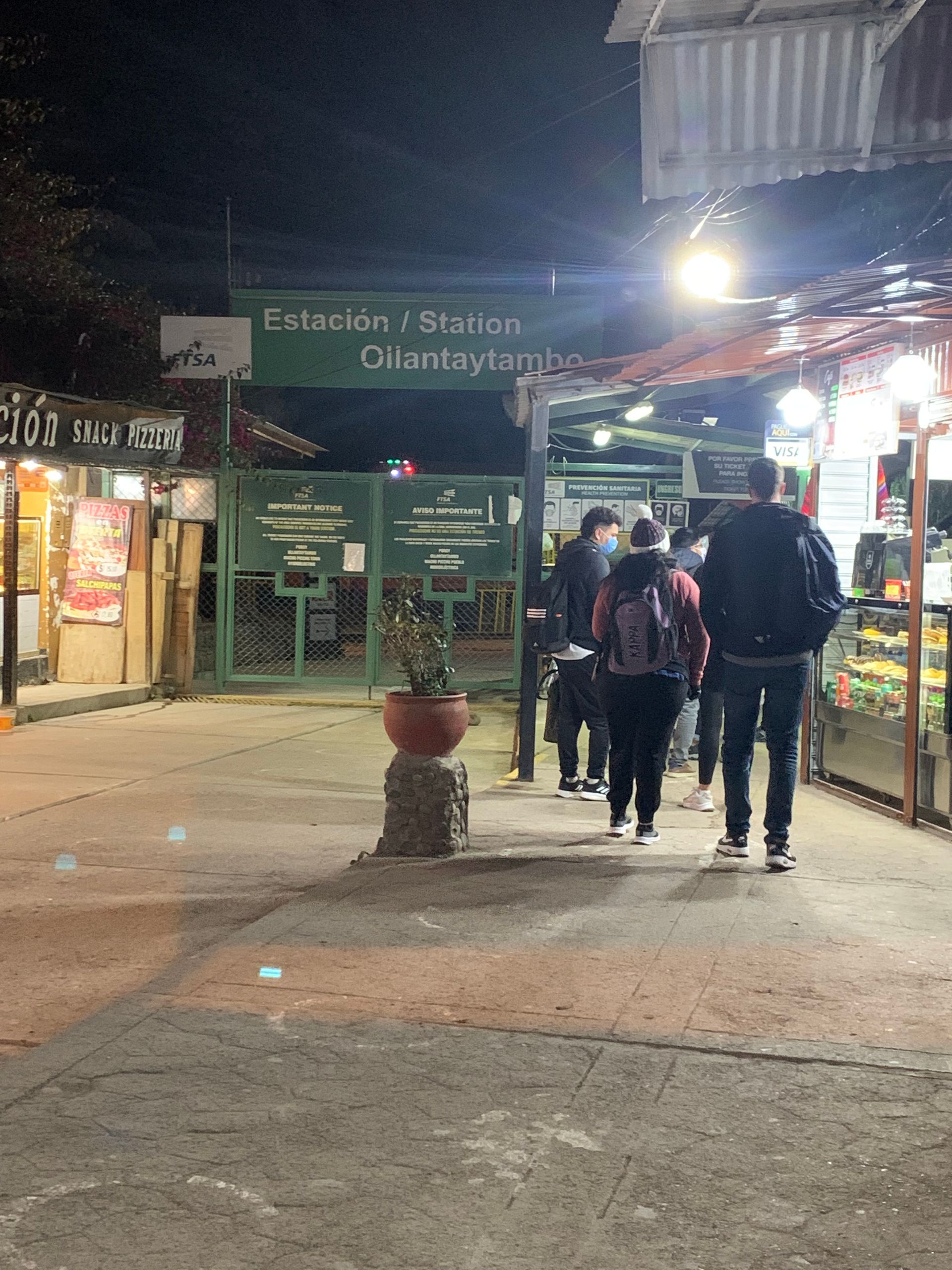
Our journey begins on Friday (18th March) very early at 03:15. Pick up is at 04:00 and transfer to Ollantaytambo train station, about 2 hours away from Cusco by car. We still have some time to sleep, as we have a 16km hike ahead of us today. When we arrive at the train station around 05:30, it is already bustling with activity. The first market stands are already offering various souvenirs and drinks, as well as face shields and FFP2 masks (yes, face shield and FFP2 on the train - you can never be too cautious...). After the briefing yesterday, we are well prepared for what awaits us. The train is the second leg of the journey to Machu Picchu. Our guide for the next two days is Hermo, who skillfully leads us to the right carriage.
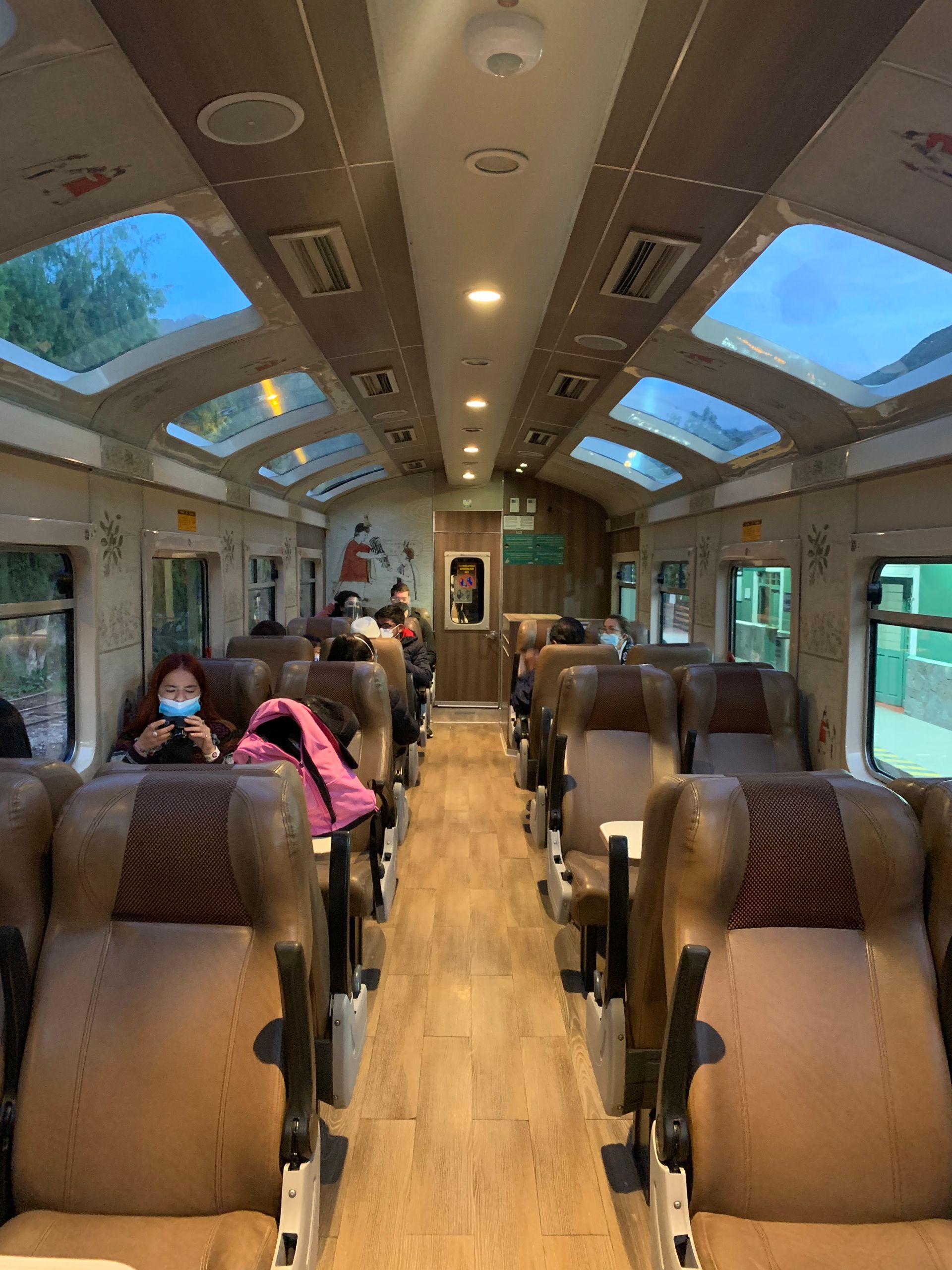
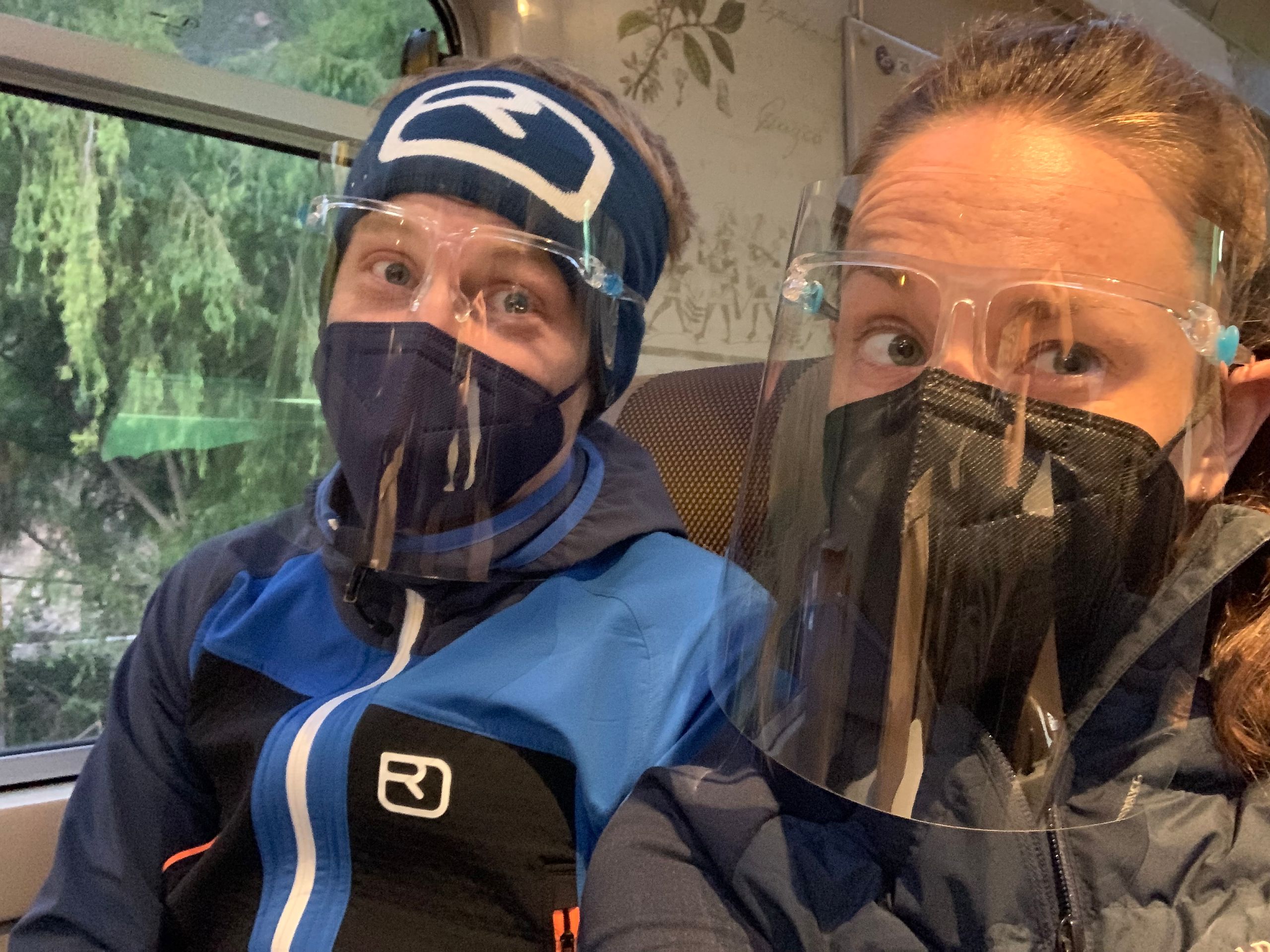
As dawn breaks and the day slowly comes to life with the sun, we chug along through the beautiful "Sacred Valley". Our PeruRail train is well equipped with comfortable seats and great windows, making the approximately 60-minute train ride fly by. Our exit point is known as Kilometer 104 at an altitude of 2100 meters (significantly lower than Cusco's 3,400 meters ;)), where we start our hike at the ruins of Chachabamba. The first section of the route takes us about 3 hours along the narrow Inca Trail, gradually ascending to 2,650 meters. Along the way, Hermo tells us a lot about the history of the trail, the plants and animals of the region. But he also covers political topics (such as the current situation in Peru and Europe) and the times of Covid. The entertaining first part ends with the wonderful view of Wiñay Wayna.


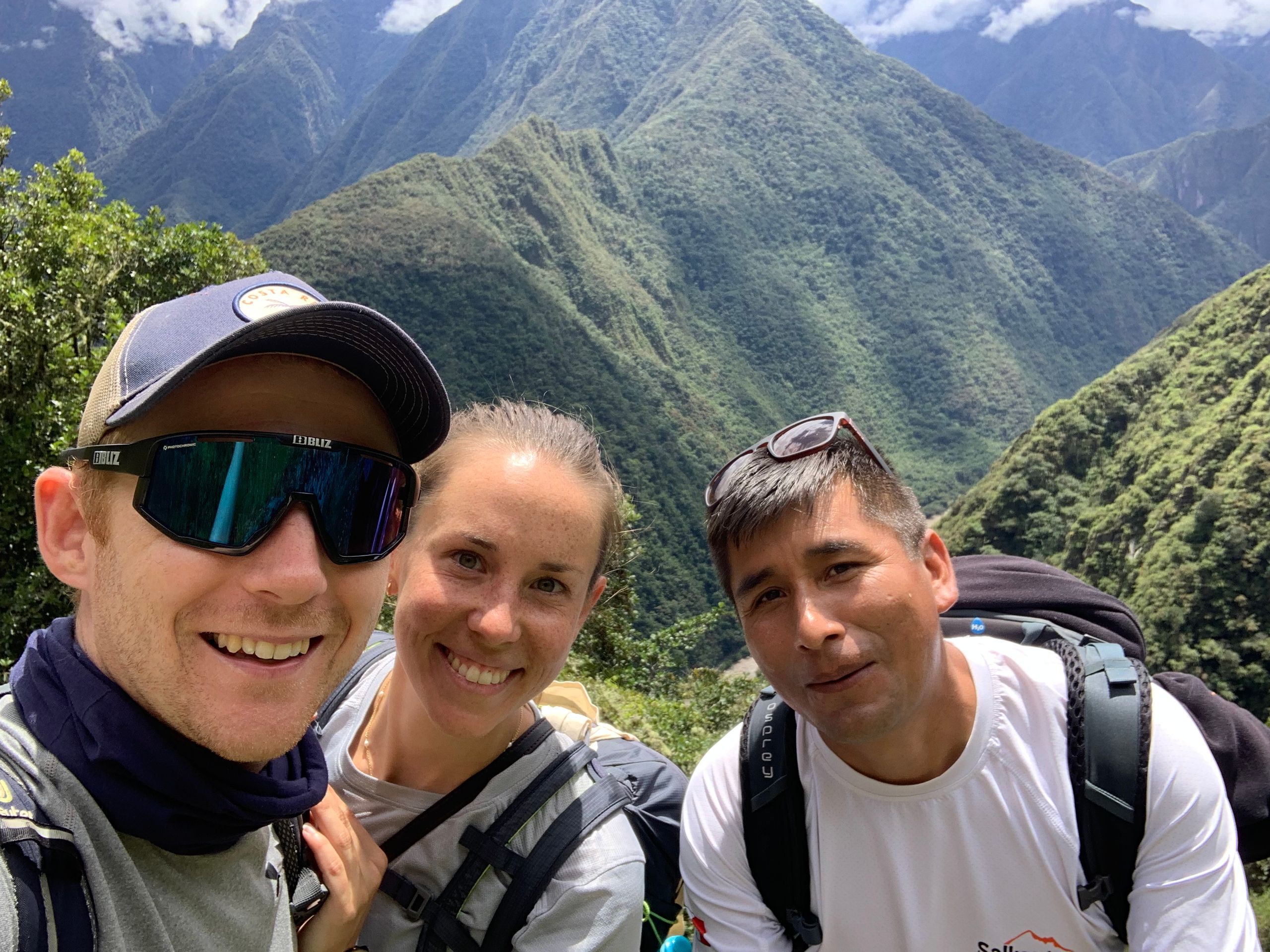
Wiñay Wayna means "forever young" in Quechua (the main dialect of the indigenous population and descendants of the Incas), and to this day, it is not entirely clear what the exact purpose of the site is. One common theory is that it served as an administrative center for agricultural products and a storage facility for potatoes, grains, etc. (more information at https://www.machutravelperu.com/blog/winay-wayna). What impressed us was how these terraces and stone constructions were built on such a steep slope, giving us a taste of what was to come...
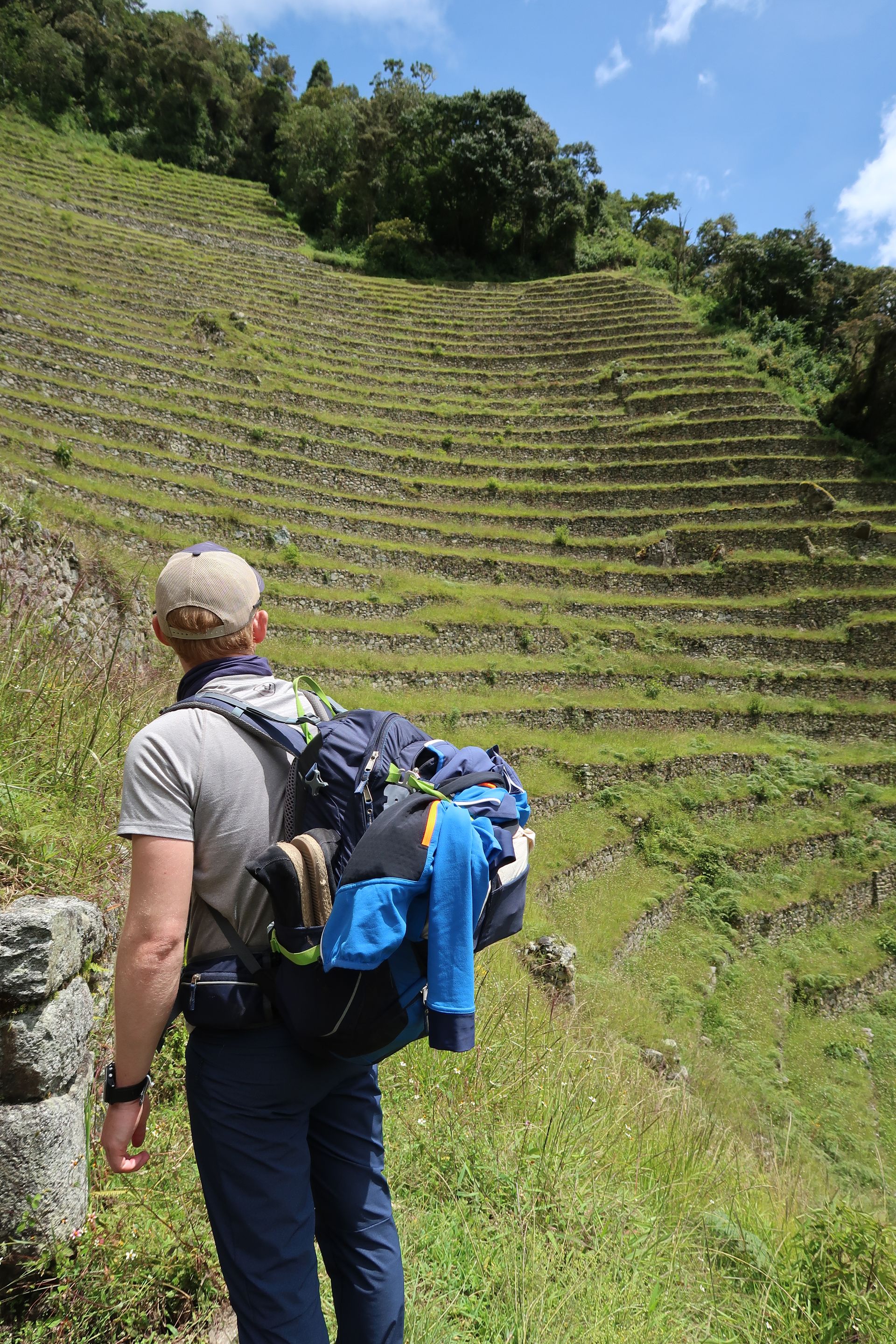
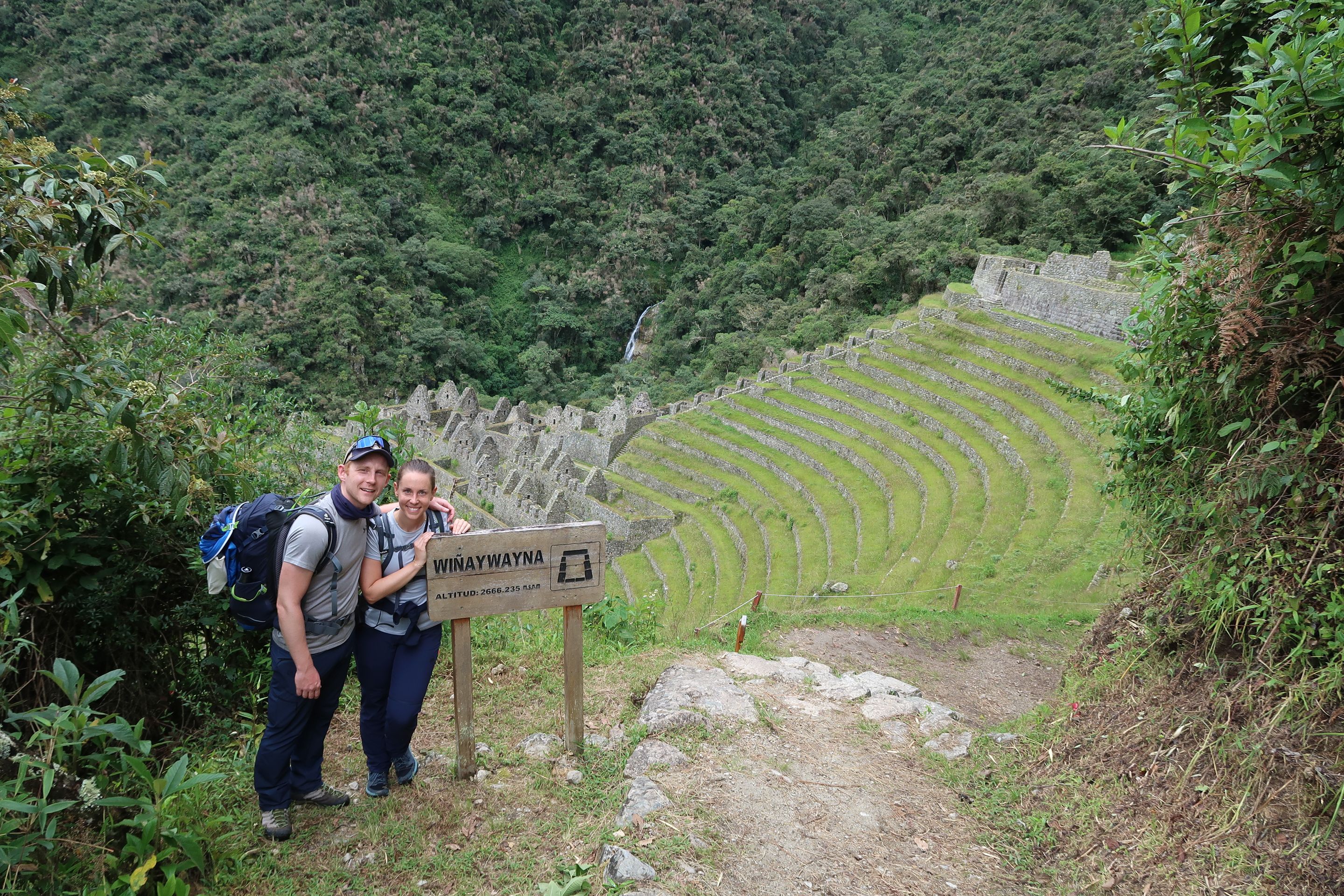

On the way to the Sun Gate, we stop from time to time to take in the scenery, with waterfalls, orchids, and (unfortunately) even a snake along the trail. Eventually, the trail leads us, after a lunch snack (organized by the tour provider) and about 5 hours of hiking, to the Inca Sun Gate (Intipunku). The last few meters up steep stairs, and there it is, the first view of our destination. We are looking at Machu Picchu from the east. The weather is very good to us, despite the rainy season, we only experience a brief drizzle. From the Sun Gate, we have a panoramic view of the entire area of this magical place. Even our guide Hermo is impressed by the perspective and takes photos for himself. By the way, we are alone, except for a couple from the U.S. with a guide and a Spanish couple, it's very quiet on the trail. By the way, to hike the Inca Trail, which can be done in various variations, you always need a guide. We have captured more organizational details and background information in a separate post.
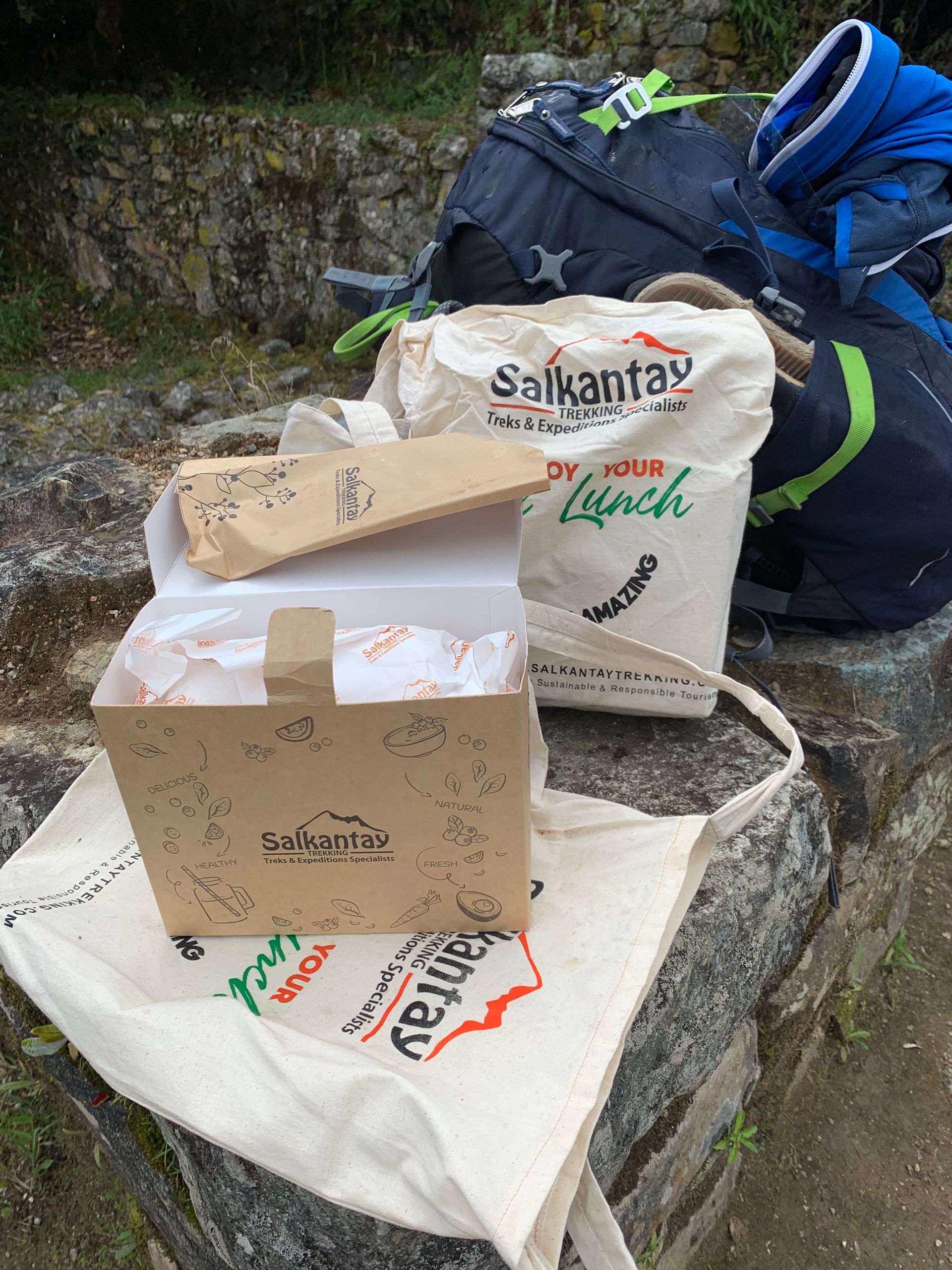
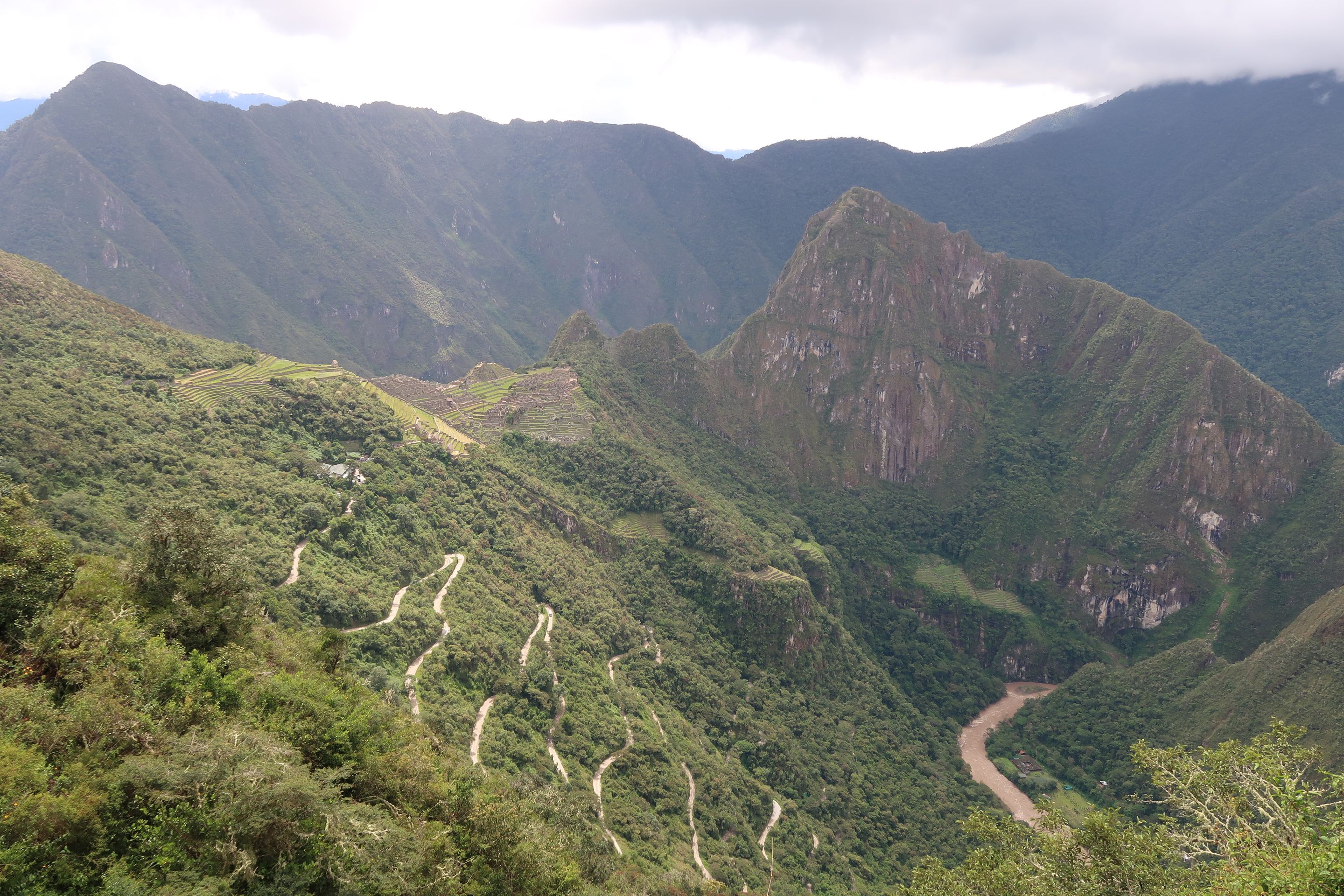


After absorbing all the impressions (and taking countless photos), we finally make the last kilometers "downhill" (from 2720 to 2430 meters) towards Machu Picchu. We stroll past the walls of this impressive complex towards the bus station. It's not yet time to enter, as our tickets are for tomorrow, and everything is meticulously planned and scheduled. We have covered about 16 kilometers on foot, so we decide to pay for the bus ride down to Aguas Calientes, the "town" near Machu Picchu. We check into the hotel for the night, which is organized as part of the tour, and after a short rest and a refreshing shower, we meet Hermo for dinner. After a delicious meal and discussing the plan for the next day, we go to bed. Day 1 has brought us incredible impressions, and tomorrow we have the highlight of the tour ahead of us.
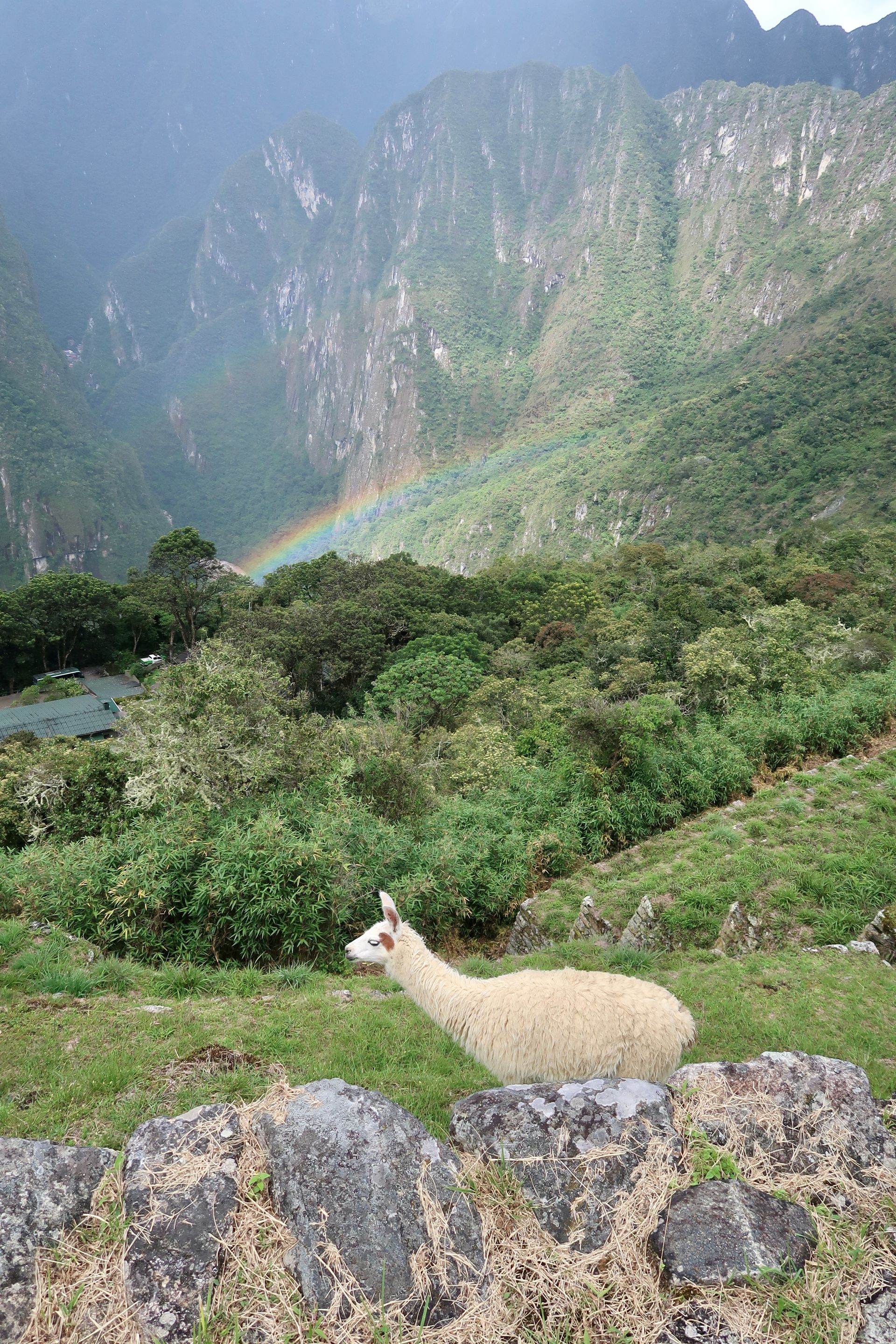

05:30 am, time to take the bus. Today is the day. We take the second bus of the day (yes, they start at 05:30, and they are 30-seater buses...) and ascend the approximately 400 meters to Machu Picchu. Hermo, our guide, walks with us to the entrance, where a small queue has already formed. On normal "post" Covid days, about 3,000 people come up here, or in other words, 100 buses (!). A huge number, but considering that before Covid there were up to 8,000 people during the high season, it is still relatively quiet. Shortly after 06:00, we enter this wonder of the world. Hermo takes his time to give us a lot of information along the route (there are 4 possible routes). He shares the history and purpose of this 35,000m2 site.

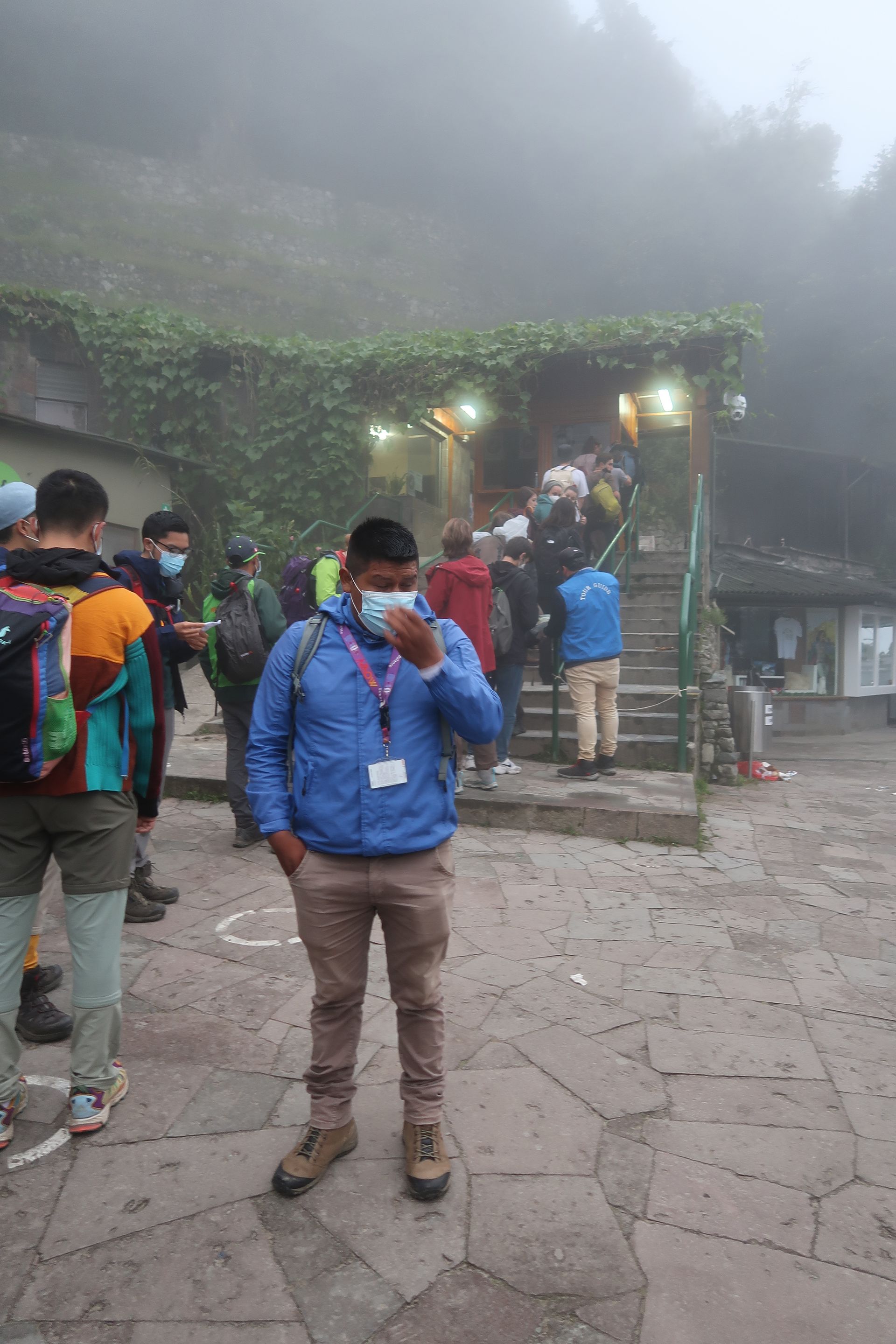


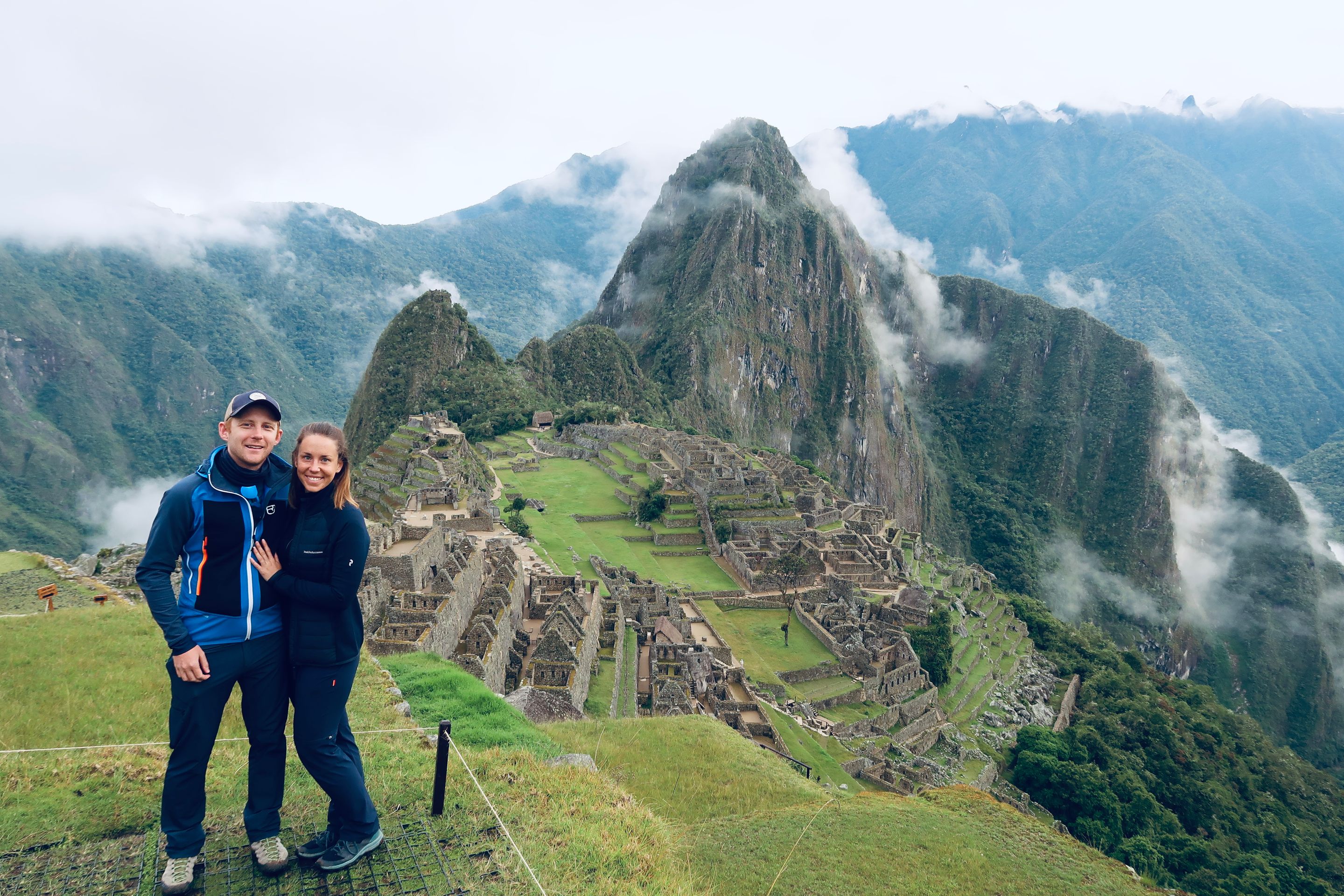
The perfectly sculpted granite stones, functional water channels, and perfectly aligned buildings, in terms of sunlight, are all impressive. The complex most likely served as a spiritual center due to the number of temples, but there are also numerous buildings and terraces that indicate extensive agricultural cultivation. The construction took decades (almost 100 years) and was initiated by Emperor Pachacuti. The Spanish conquistadors never discovered this site (fortunately for posterity), and it was left to U.S. researcher Hiram Bingham and 11-year-old local boy Pablito Alvarenz to make it public almost 400 years after its creation! For more historical facts, visit this link.
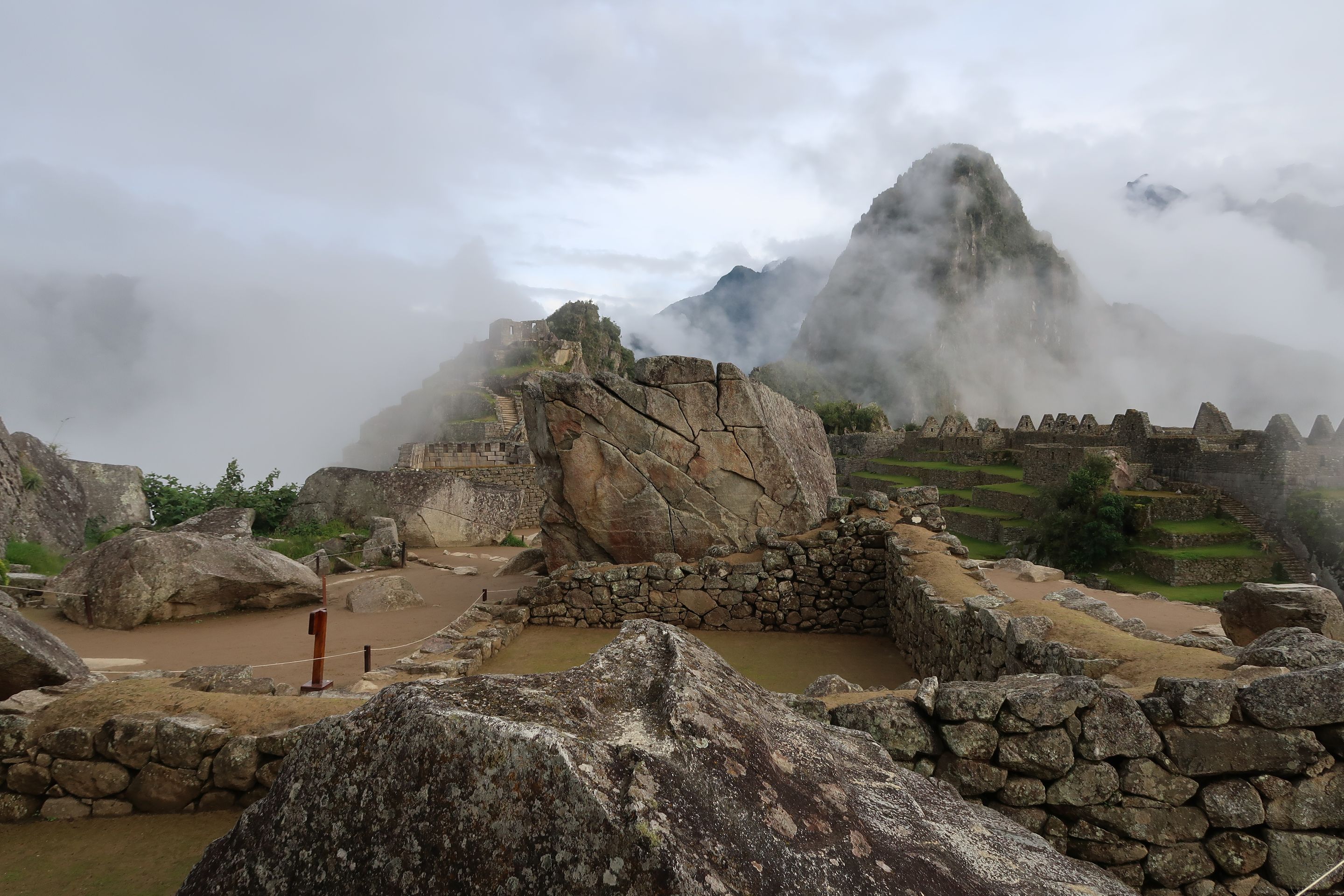

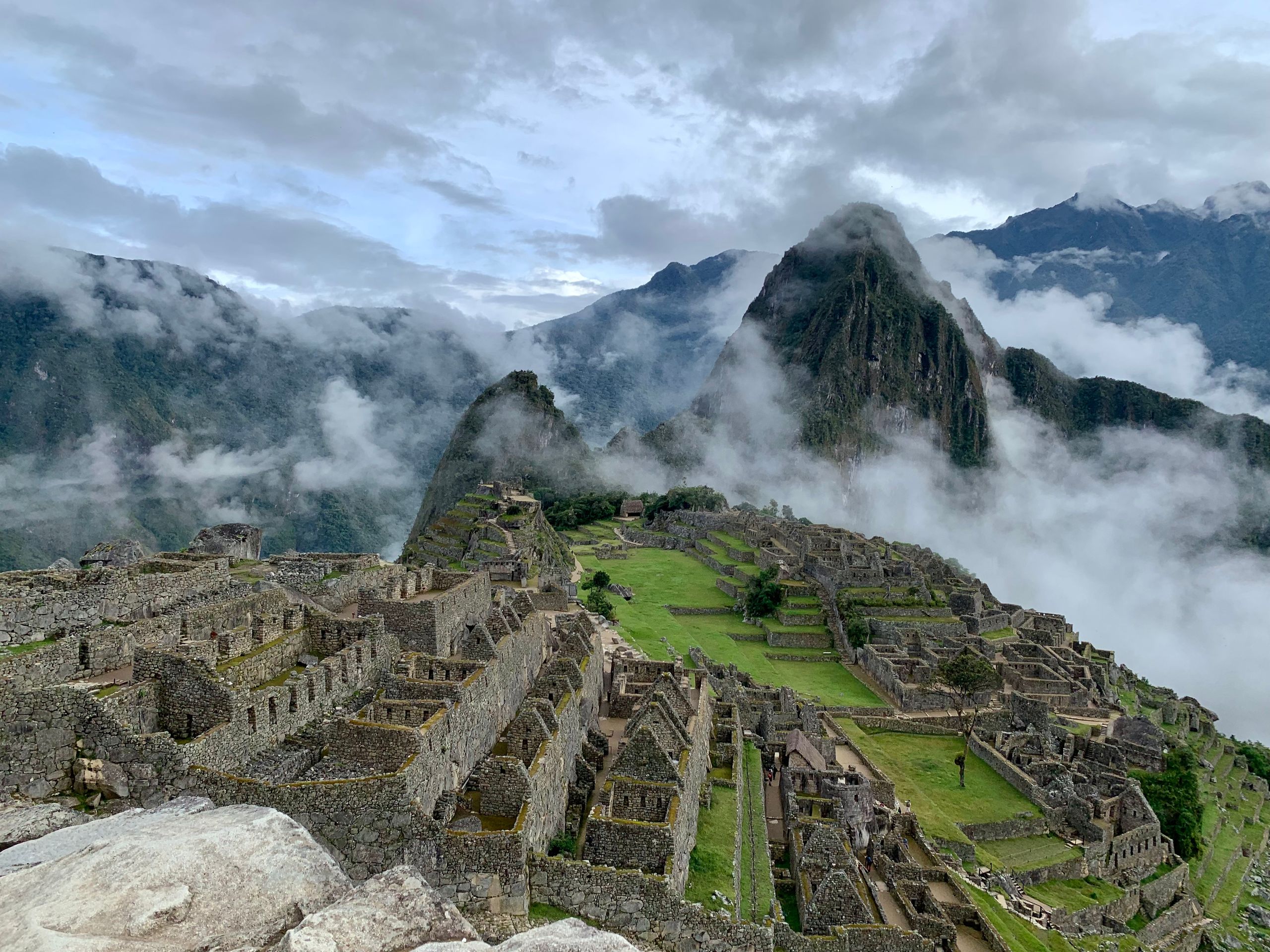

We hike through the complex for nearly 3 hours, and the number of photos has probably surpassed the 100 mark ;). Throughout, there is a unique aura and energy that permeate these sites. At 09:00, we move on to the second part of the program, which is the ascent of Machu Picchu Mountain, one of two mountains directly adjacent to the site (the second being Huayna Picchu at 2700m altitude). The 3060-meter-high mountain is equipped with about 1600 steps and offers one of the viewpoints of the Inca complex. It takes us a sweaty 1.5 hours to climb the sometimes slippery stairs, which is quite a challenge given the high humidity and over 20 degrees Celsius. However, the arrival and the vista at the summit are more than worth it, with a breathtaking interplay of (mist) clouds and sunshine and a 360-degree view of the impressive surroundings. It's a place to linger and simply enjoy.



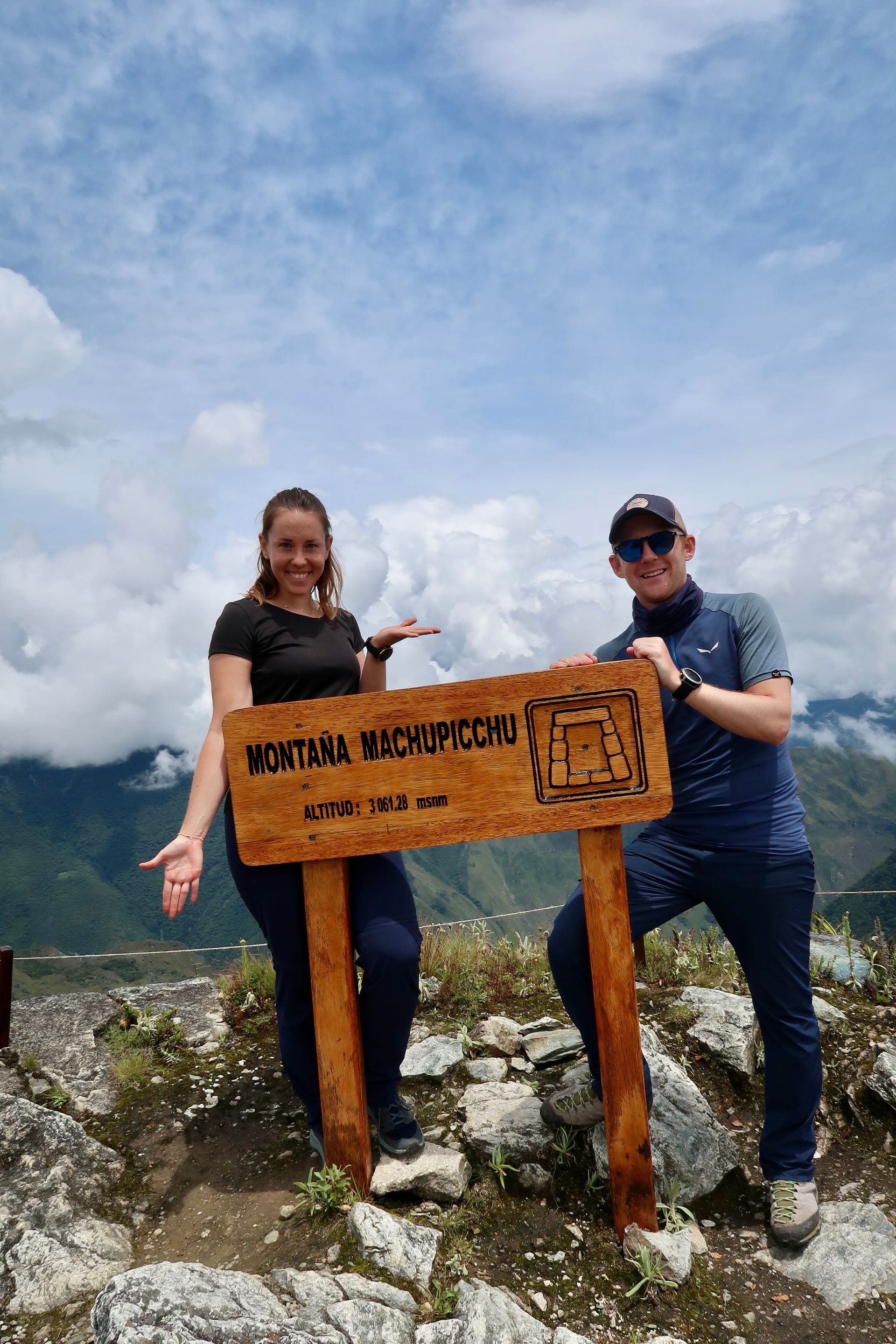
After a one-hour descent, we decide to pay for the bus ride back down to save ourselves the 400-meter climb back to Aguas Calientes. Once we arrive, we naturally get the stamp in our passports and enjoy a well-deserved lunch with a view of the Urubamba River, which caused destruction of some rails and roads in this town just under 2 months ago and still flows wildly through the valley today. Finally, at around 15:00, we return the same way we came yesterday, first by train and then by the tour company's minibus. Together with some "graduates" of the 4-day hike on the Inca Trail (here's our provider and some options trail offers), we finally arrive in Cusco around 19:00. We say goodbye to our extremely competent and personable guide Hermo (we will stay in touch via Instagram) and end this incredible day with a hot shower and a great meal.

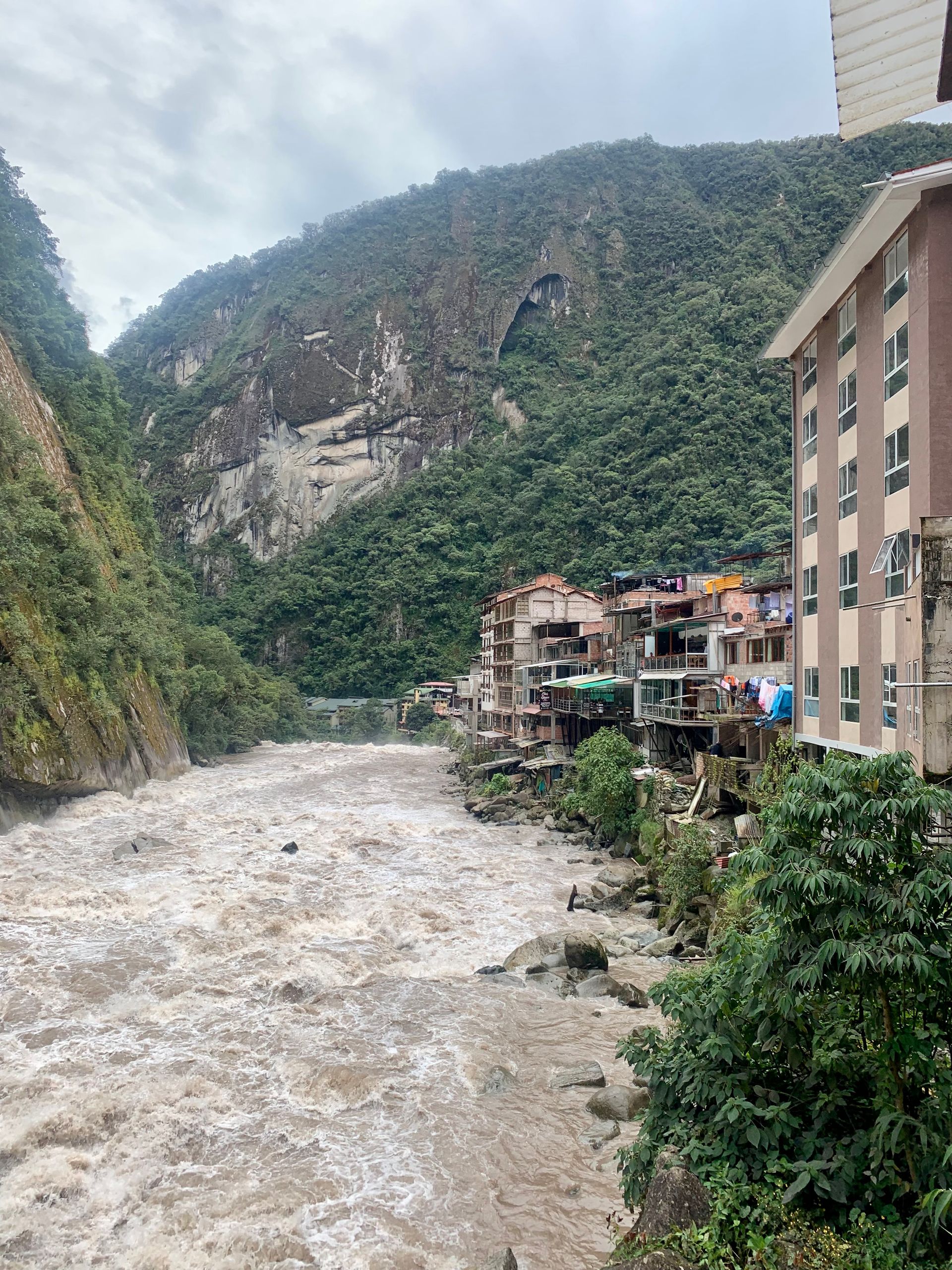
We will document recommendations, facts, and background information about the Machu Picchu adventure in a separate post.

The Daily Two:
Insight: At this point, we would like to mention that despite the cost and effort, we highly recommend this experience to anyone planning to visit Peru. It is worth it, 100%!
Happy Moment: Earning the 360-degree view of Machu Picchu from the Sun Gate and Machu Picchu Mountain is a truly special moment. When you are rewarded with a crowd-free experience and great weather, it leaves you in awe of this wonder of the world.
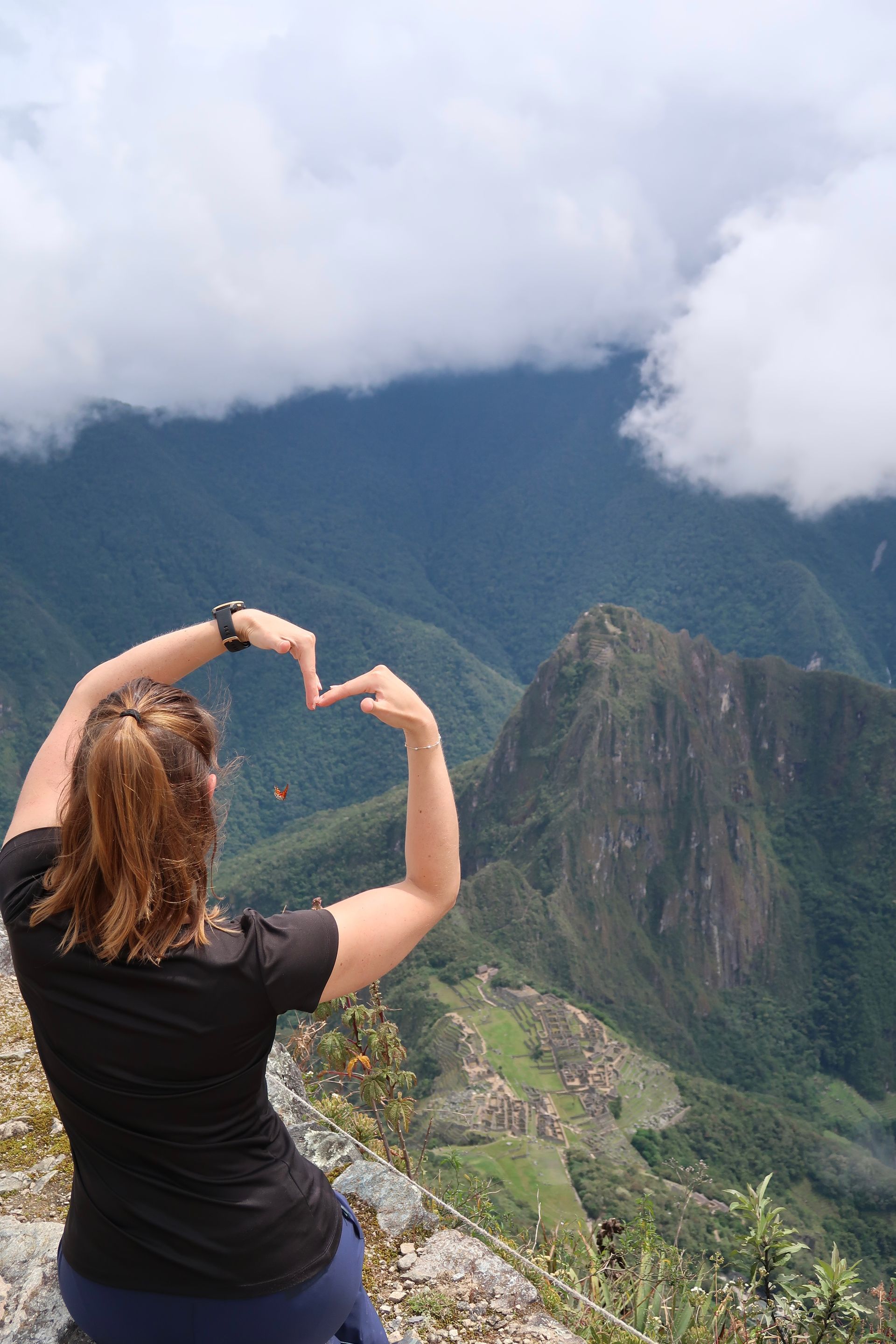

Jiandikishe kwa Jarida
Jibu (2)
ursula
Unglaublich toll 🤩🤩Klementine
Unfassbar schön...danke für die wunderschönen Bilder....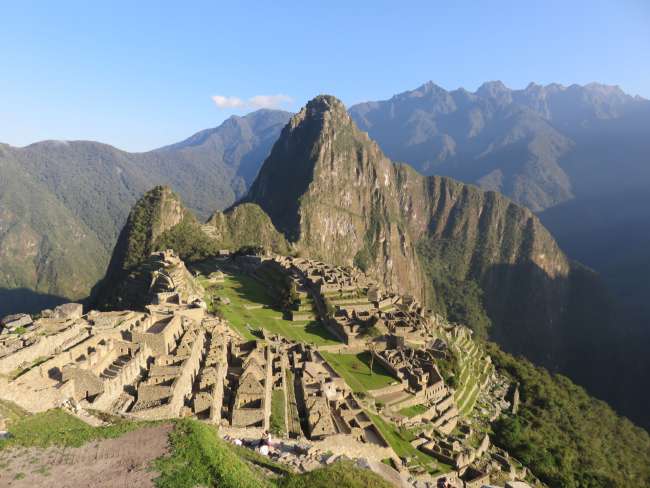
Ripoti za usafiri Peru
